Average UK house prices from the year you were born to today
How times and price tags have changed
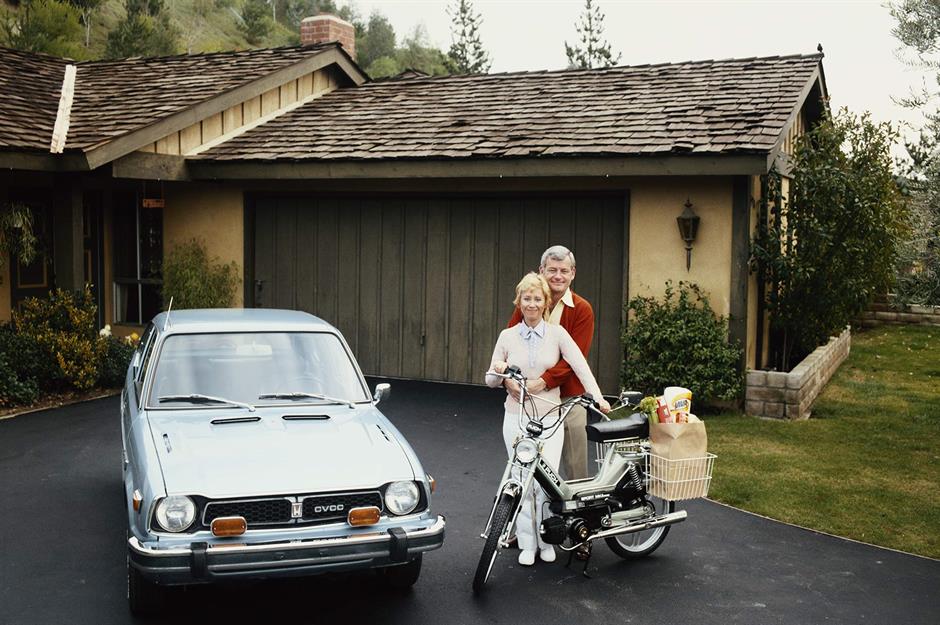
Year to year, the housing market can feel like something of a rollercoaster as prices rise and fall, but that's nothing compared to the dramatic shift in property value over the decades.
We've looked back to see how house prices have changed each year since 1963, along with key events that defined each 12-month period.
Click or scroll on to find out how much you’d have paid for a property mid-way through the last century...
1963: President Kennedy is assassinated
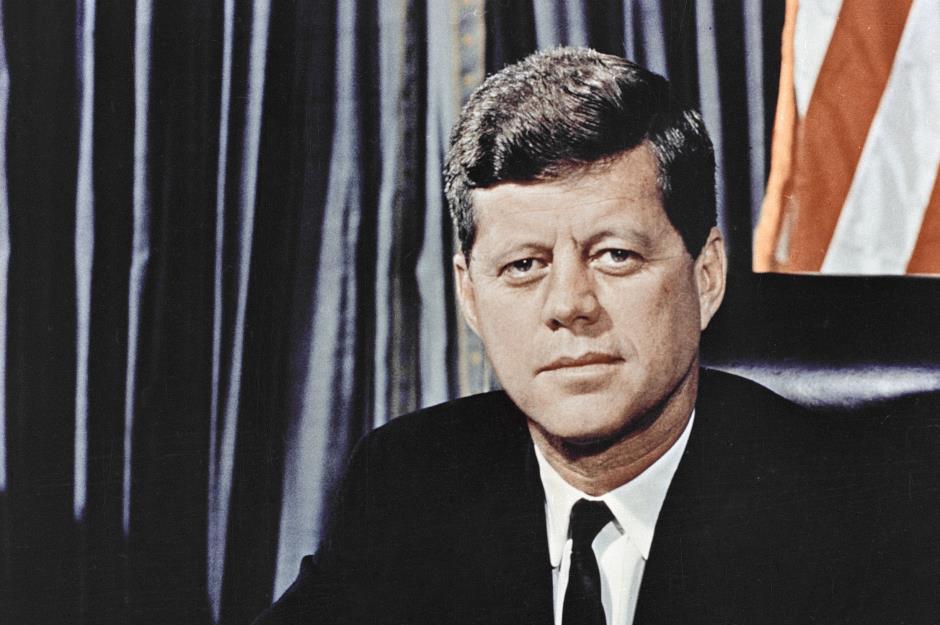
1963 went down in history for all the wrong reasons. Most notably, it was the year when President John F. Kennedy was assassinated during his third year in office.
At that time the average house in the UK cost as little as £2,840 (equivalent to £50,416 in 2024), according to Nationwide's House Price Index.
1964: The Beatles take the world by storm
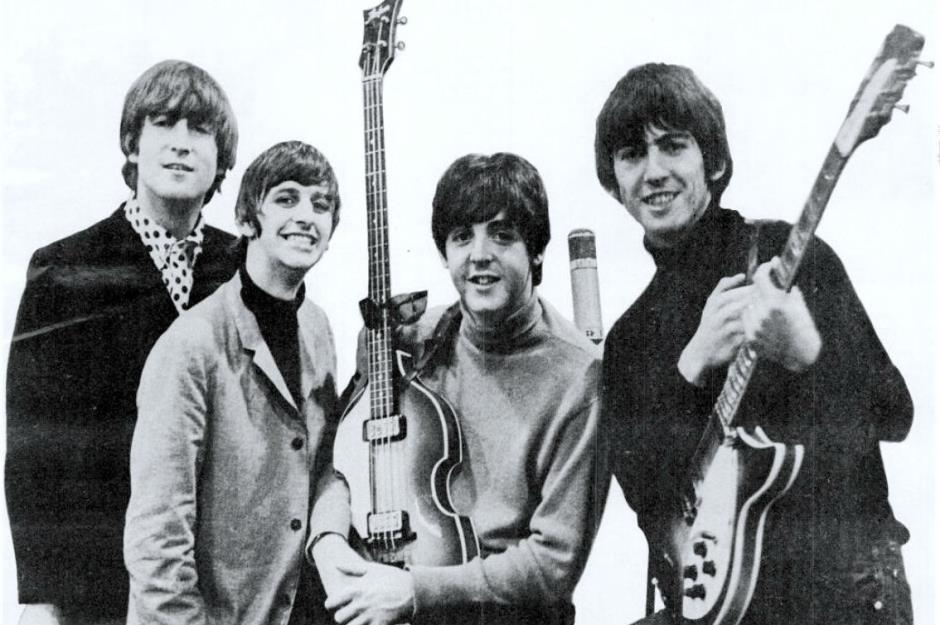
This was the year the world went crazy for The Beatles with their stratospheric hits including 'I Want To Hold Your Hand' and 'Can’t Buy Me Love'. Elsewhere, Nelson Mandela began a life sentence in prison in South Africa, the Civil Rights Act was signed into law in the USA and Dr. Martin Luther King, Jr. was presented with the Nobel Peace Prize.
It wasn’t just Beatles singles you could buy on the cheap though – the average house went for just £3,104 (equivalent to £53,426 in 2024).
Sponsored Content
1965: protestors march against the Vietnam War
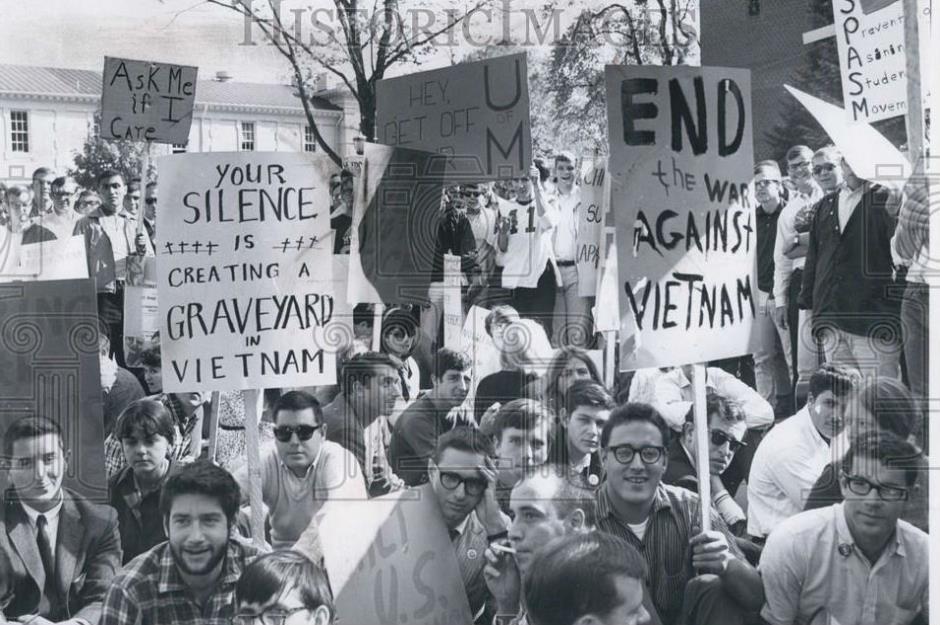
As the Vietnam War worsened, tens of thousands of supporters of the anti-war movement gathered in Washington to protest outside of the White House.
Meanwhile, in the UK, house prices continued to grow – you’d have been looking at paying around £3,353 for the average property at the time (equivalent to £55,173 in 2024).
1966: fashion gets fun
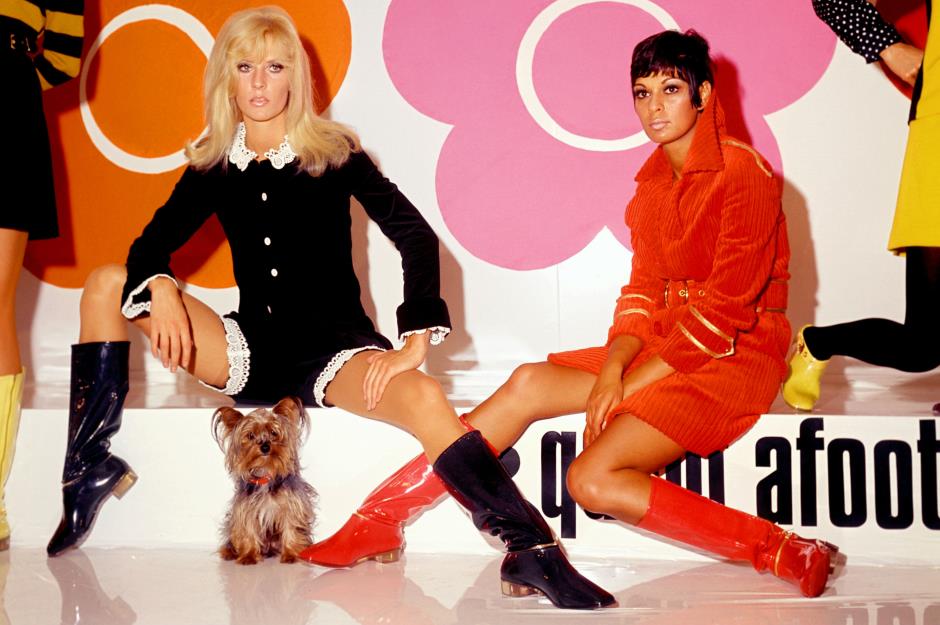
London was at the heart of the fashion scene in 1966 as bold patterns, flowery shirts and miniskirts ruled the roost. Oh, and England won the World Cup. It was also the year of the worst mining disaster in British history when 144 people died in Aberfan in South Wales. Elsewhere, Indira Gandhi became India's first female prime minister and an American B-52 bomber accidentally dropped three hydrogen bombs over Spain's Mediterranean coast.
The average house price then was £3,542 (equivalent to £55,996 in 2024).
1967: Twiggy enters the scene
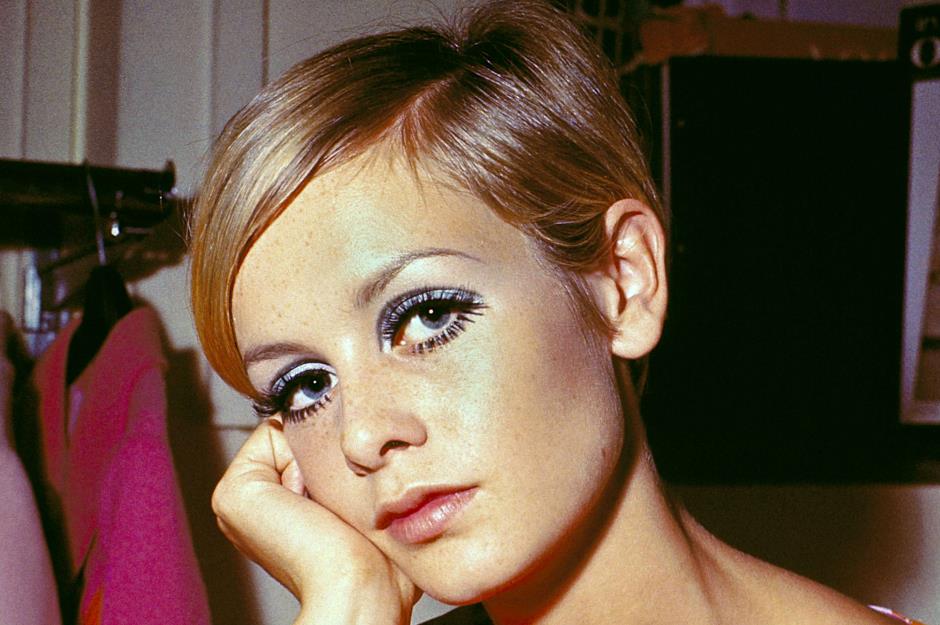
When Twiggy, the world’s first supermodel, was thrust into the limelight – and a Vogue photoshoot in April 1976 changed the fashion world forever – you could buy a house in the UK for a mere £3,735 (equivalent to £57,843 in 2024).
The world also witnessed a wave of race riots that erupted in the US, British boating legend Donald Campbell lost his life while trying to break his water speed record and the first successful human heart transplant took place in South Africa – the recipient lasted 18 days.
Sponsored Content
1968: Martin Luther King is assassinated
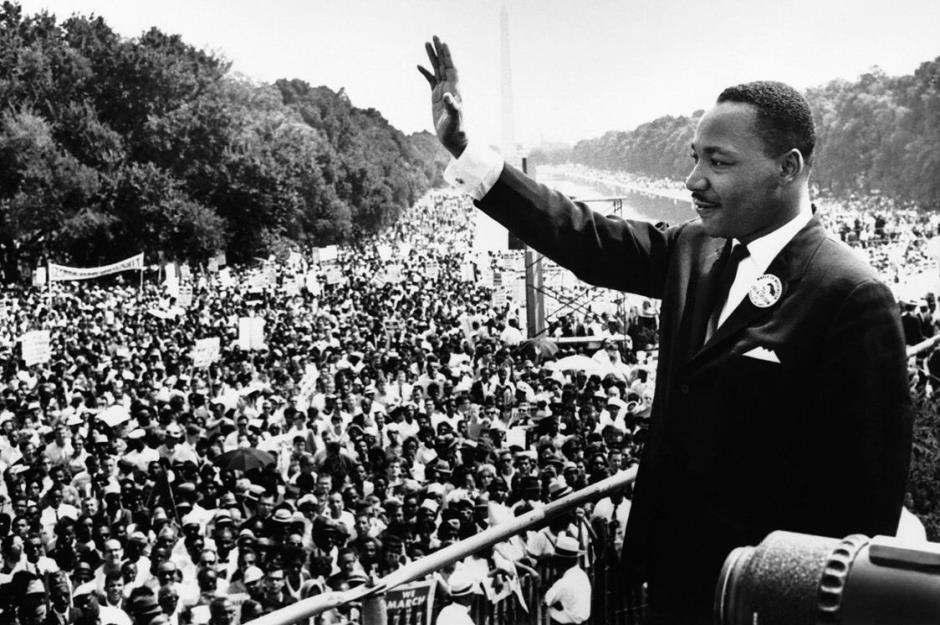
The assassination of Martin Luther King sent shockwaves through the world in 1968. The civil rights leader was fatally shot at the Lorraine Hotel in Memphis, Tennessee. That year, JFK's brother, politician Robert F. Kennedy, was also assassinated, while Richard Nixon became president and Apollo 8 successfully orbited the moon.
House prices remained steady in the UK – the average price was £4,010 (equivalent to £59,605 in 2024).
1969: Neil Armstrong lands on the moon
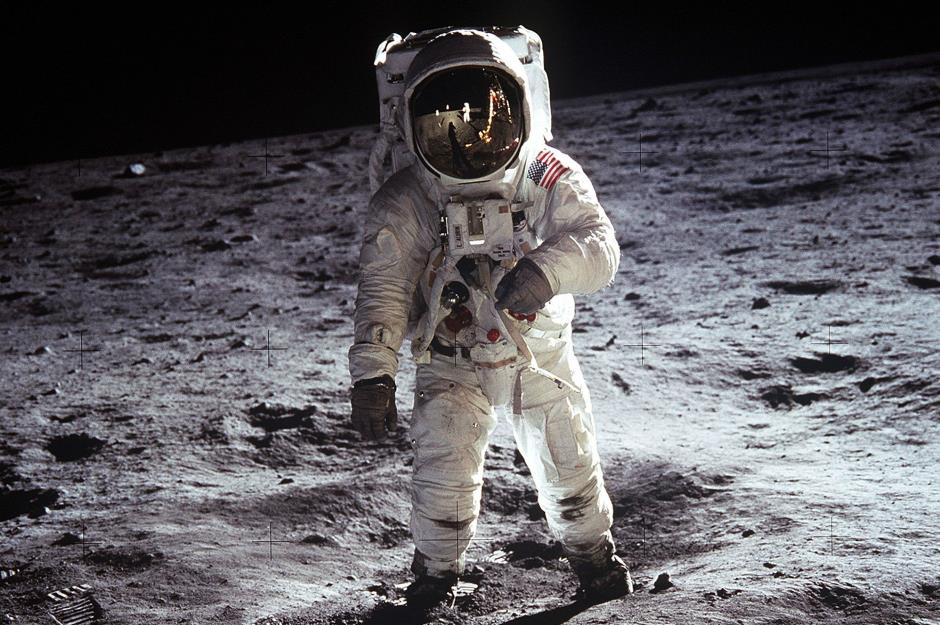
One small step for man and one giant leap for mankind made 1969 go down in history thanks to the crew of Apollo 11 and astronaut Neil Armstrong, the first man to walk on the moon.
Back on Earth, houses in the UK cost an average of £4,222 (equivalent to £59,623 in 2024).
1970: Jimi Hendrix and The Who rock the Isle of Wight Festival
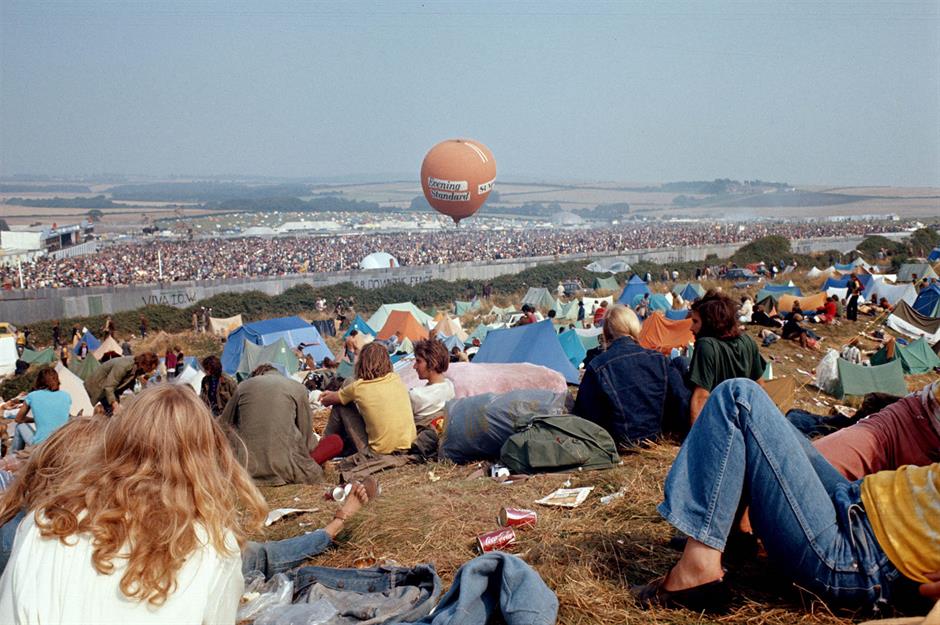
The 70s came in with a bang: music was having its heyday and the largest-ever rock festival at the time took place on the Isle of Wight, with over 600,000 fans attending.
House prices were rising too; the average home went for £4,480 (equivalent to £59,721 in 2024).
Sponsored Content
1971: Greenpeace is born

The early 1970s saw a sharp rise in house prices thanks to a spike in economic growth and the easing of restrictions around credit. As a result, 1971 saw house prices rise to £5,106 (equivalent to £62,722 in 2024).
The year was an iconic one for environmental activists, with the founding of Greenpeace marking the start of an eco-revolution. The organisation was created when a group set sail to an island off the coast of Alaska to protest a US nuclear weapons test – the boat was named 'The Greenpeace'.
1972: King Edward VIII dies
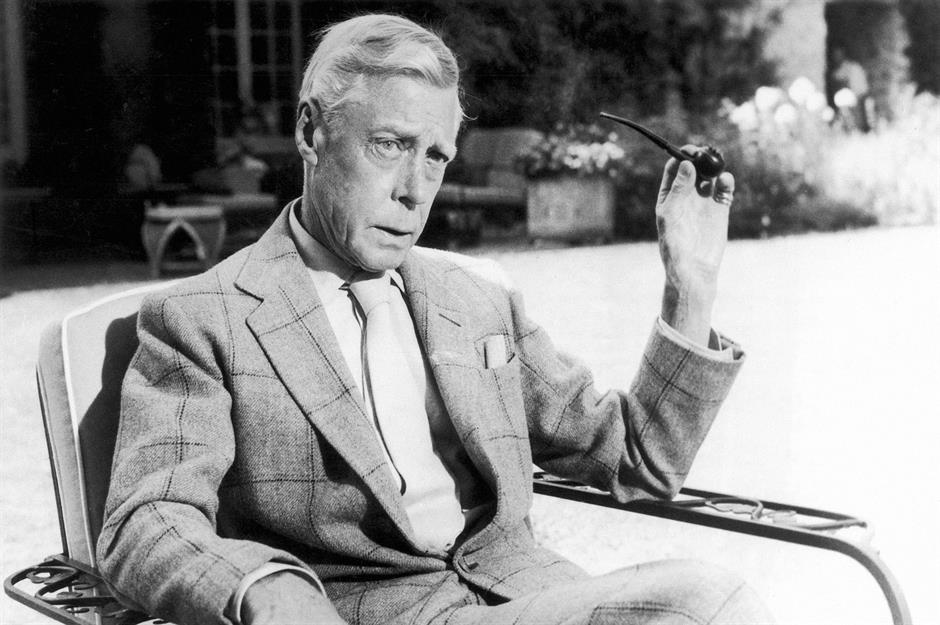
The Duke of Windsor – once King Edward VIII of Great Britain – died on 28 May 1972 at his home in Paris at the age of 77. His relationship and eventual marriage to American divorcee Wallis Simpson led to the abdication crisis of 1936, which saw Edward renounce the throne for the woman he loved.
The same year the UK witnessed a 36% surge in house prices year-on-year, with the average growing to £6,960 (equivalent to £80,118 in 2024).
1973: Sydney Opera House opens
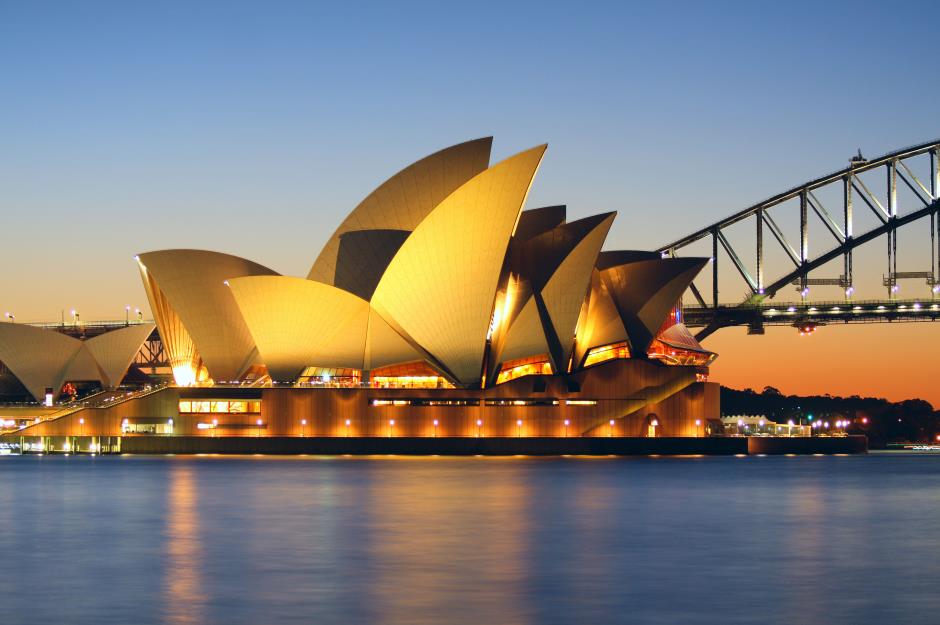
In 1973, the average house cost £9,045 (equivalent to £95,587 in 2024). This was the year that the Sydney Opera House first opened.
The iconic architectural masterpiece was designed by Jørn Utzon, who won an international competition searching for designs for the country's national opera house.
Sponsored Content
1974: Richard Nixon resigns after the Watergate scandal
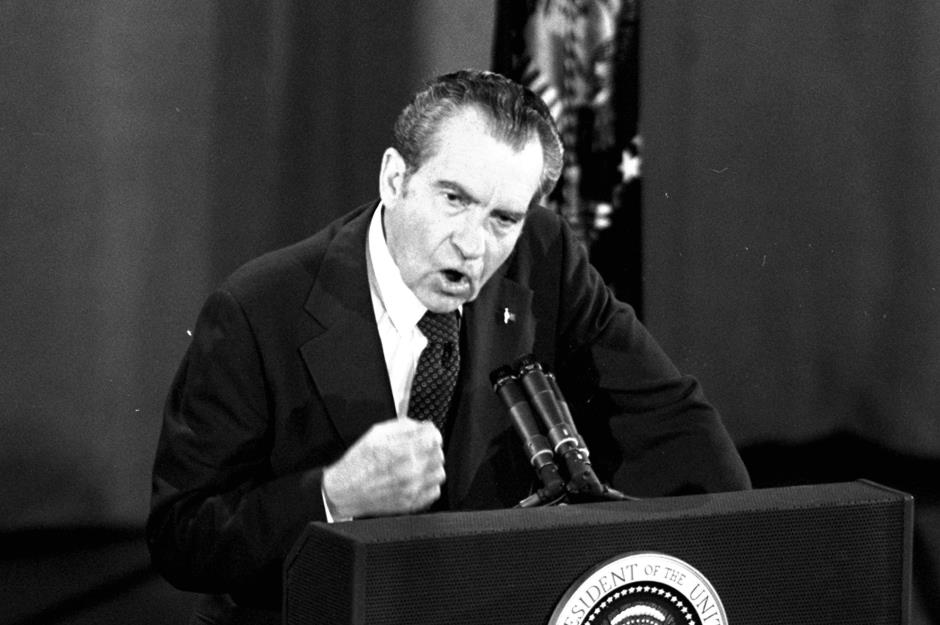
An eventful few years in American politics culminated in Richard Nixon being forced to resign after his involvement in the Watergate scandal came to light.
Over in the UK, the average house sold for £10,078 (equivalent to £92,864 in 2024).
1975: Microsoft is founded
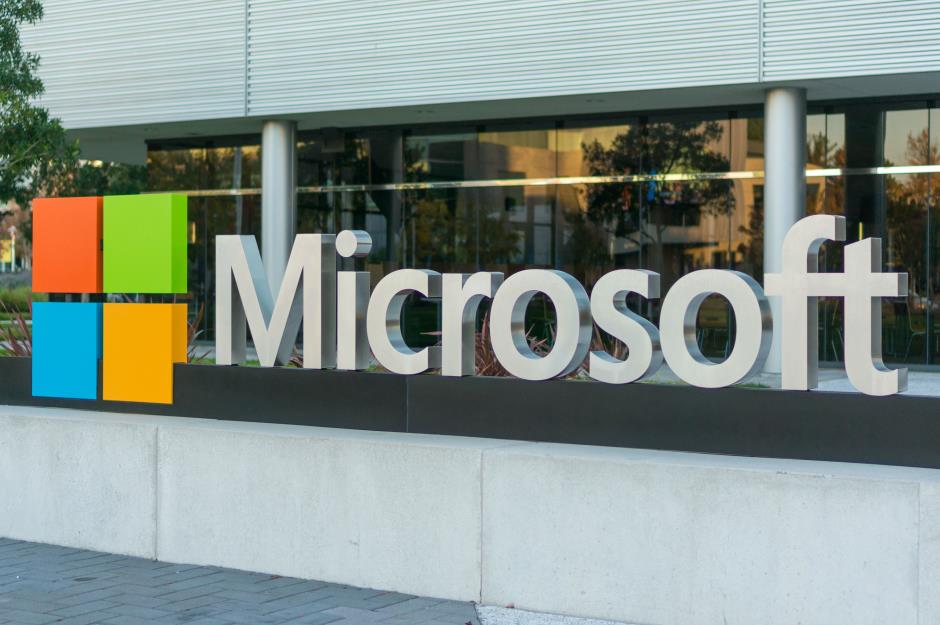
In the year Bill Gates and Paul Allen joined forces to create Microsoft, inflation rates in the UK continued to skyrocket and US President Gerald Ford announced the end of America's involvement in the Vietnam War. In culture, Speilberg's genre-defining shark movie Jaws hit cinemas and Bruce Springsteen's 'Born to Run' played on radios everywhere.
Property prices remained steady though, averaging £10,846 (equivalent to £81,867 in 2024).
1976: first commercial flights on Concorde
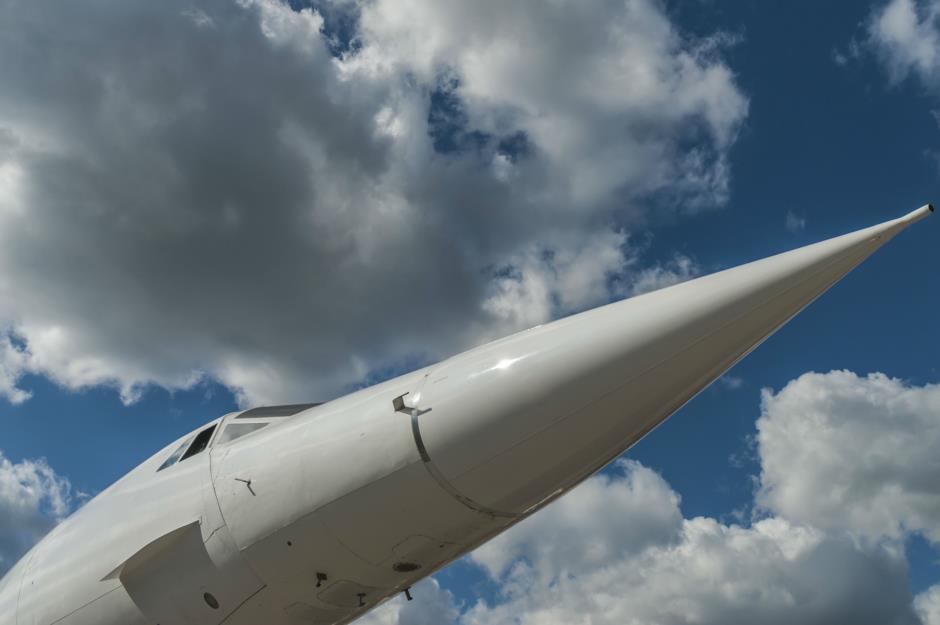
While Concorde dominated the news with the launch of its first commercial flights, cutting transatlantic journey times to just 3.5 hours, house prices in the UK went up to £11,866 (equivalent to £77,713 in 2024).
That summer, the UK shut off its hosepipes during the 'Great Drought', due to sweltering temperatures and the driest May to August period since 1776.
Sponsored Content
1977: Elvis Presley dies
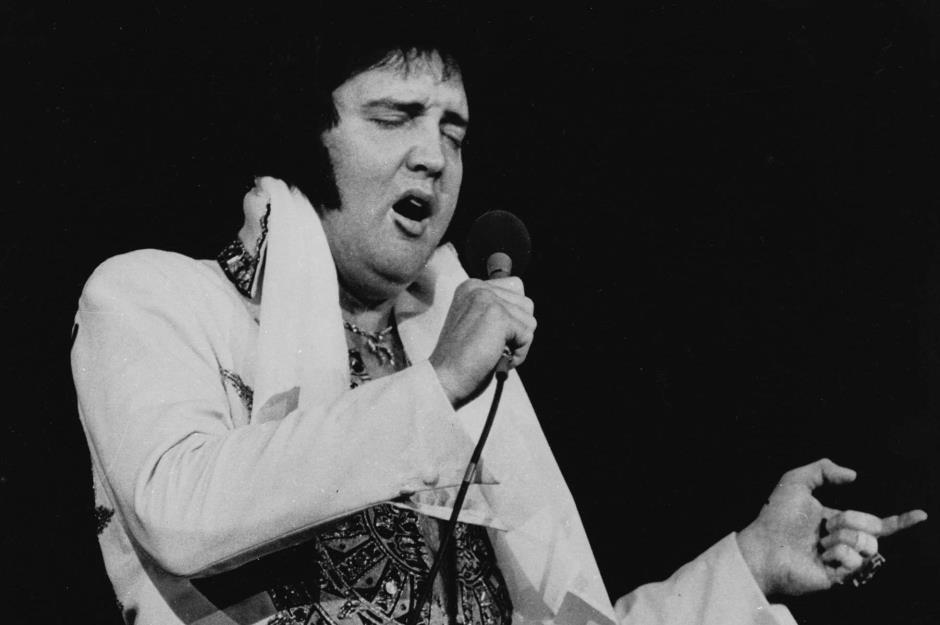
The year the world was mourning the death of the King of Rock ’n’ Roll, who passed away at 42 in Memphis, Tennessee, you’d have been paying £12,805 for the average home (equivalent to £73,121 in 2024).
Also in the news that year, Queen Elizabeth II celebrated 25 years on the throne with her Silver Jubilee – while the British punk band the Sex Pistols were arrested after playing their anarchic version of 'God Save the Queen' while sailing down the Thames – and silent movie legend Charlie Chaplain died.
1978: Space Invaders launches

In 1978, arcade favourite Space Invaders was released in Japan. Now considered one of the most important video games of all time, it was the first fixed shooter game with endless play, meaning you never completed it. Pope John Paul II became the first non-Italian pope in more than 400 years and Woody Allen's romcom Annie Hall won the Best Picture Oscar, controversially beating Star Wars.
That year houses in the UK were going for an average of £15,261 (equivalent to £81,059 in 2024).
1979: Margaret Thatcher is elected
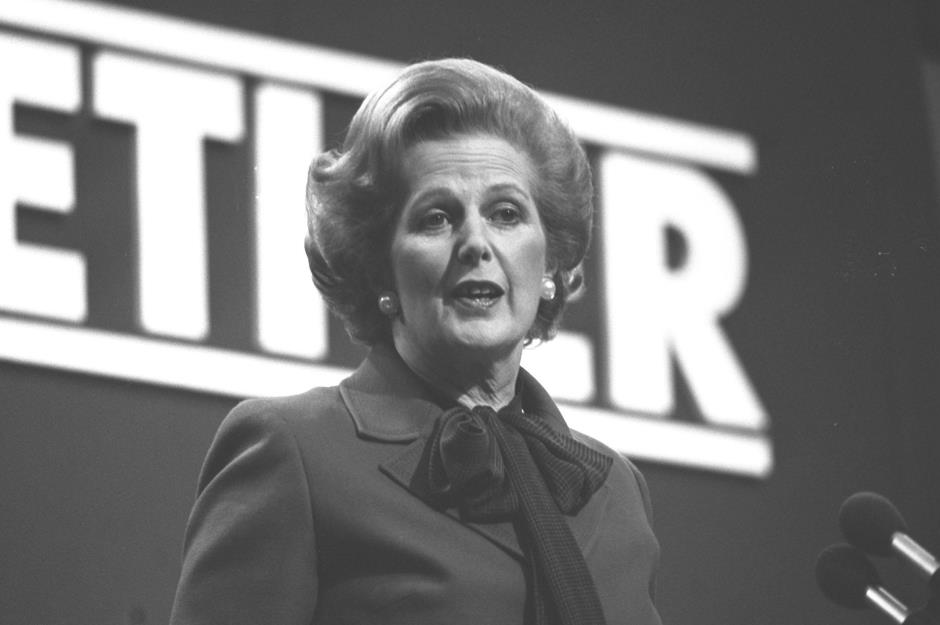
British politics saw a major shift in 1979 when Margaret Thatcher became the UK’s first female prime minister. It coincided with a rise in average UK house prices to £19,830 (equivalent to £94,897 in 2024). Her introduction of the Right to Buy scheme in 1980 played a key role in this increase.
In other news, Sony released the Walkman portable cassette player, Mother Teresa won the Nobel Peace Prize and the disease Smallpox was eliminated.
Sponsored Content
1980: US boycott of Moscow Olympics
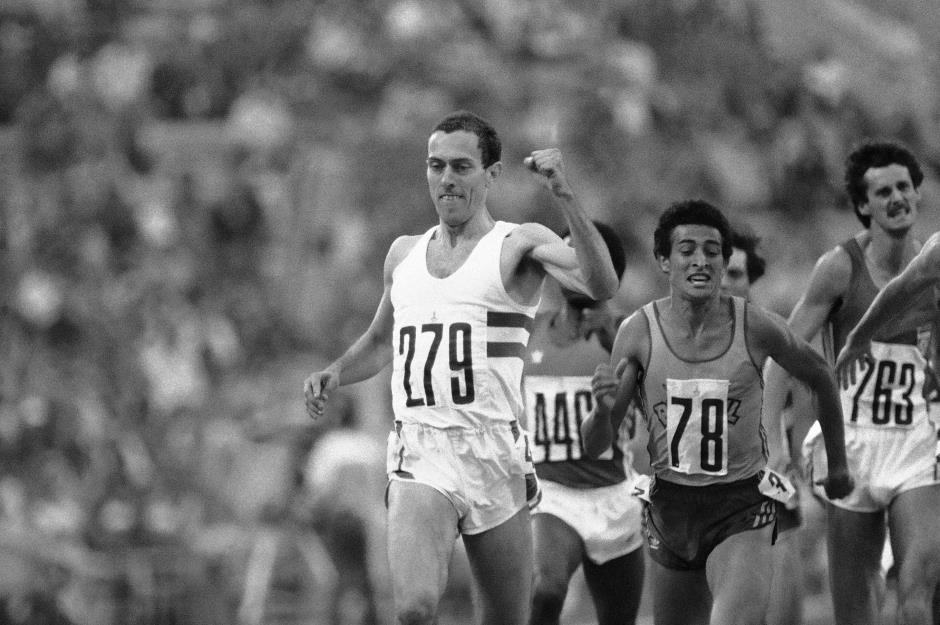
With the dawn of the 80s, UK house prices continued surging, with the average home now costing £23,288 (equivalent to £97,121 in 2024).
That year, a US-led boycott saw 60 countries pull out from the Moscow Olympics in response to the Soviet Union’s invasion of Afghanistan.
1981: Lady Diana marries Prince Charles
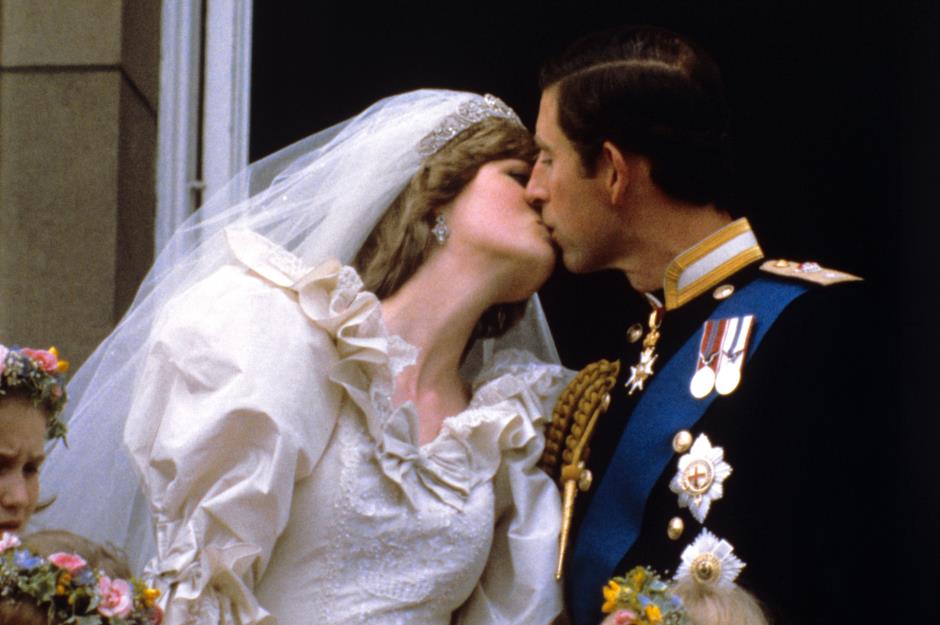
In the year that Lady Diana Spencer married Prince – now King – Charles, the average UK home cost a mere £23,954 (equivalent to £89,752 in 2024).
The wedding was held at St Paul's Cathedral on 29 July and their nuptials drew a global television audience of around 750 million people.
1982: the UK and Argentina go to war over the Falklands
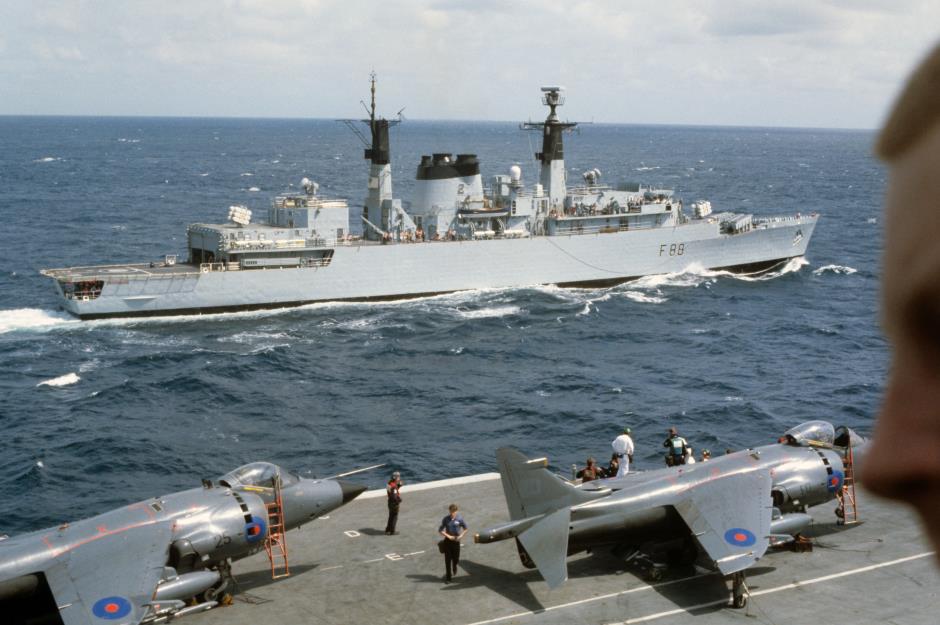
As the UK and Argentina fought over ownership of the Falkland Islands, house prices in the UK went down in relative terms, hovering around £24,851 (equivalent to £86,117 in 2024).
In the UK, unemployment reached a 50-year high at 10.4% and the Prince and Princess of Wales welcomed the birth of their first child, William.
Sponsored Content
1983: Mario Bros. game released
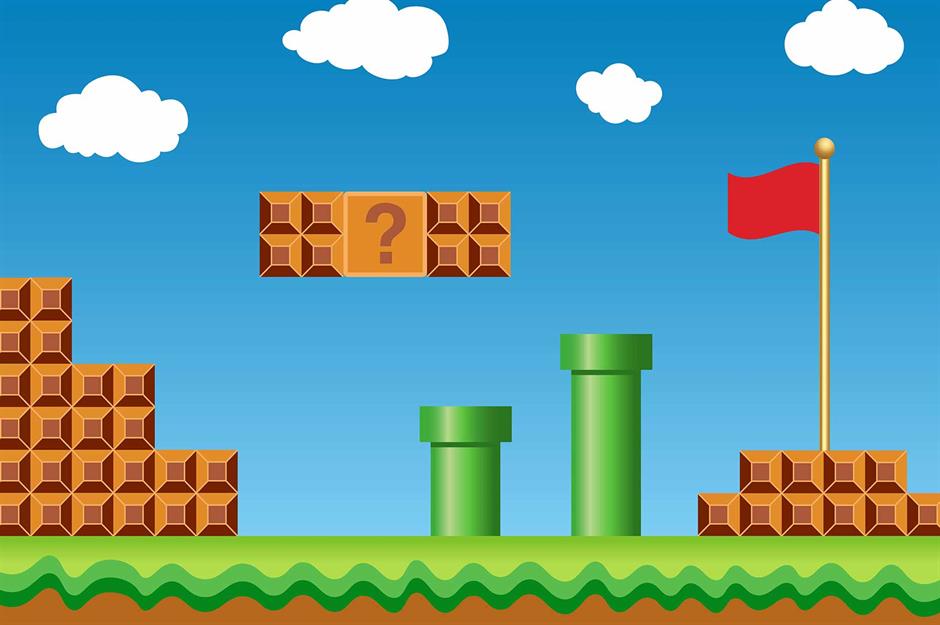
In 1983, house prices in the UK had risen to £27,623 (equivalent to £91,282 in 2024).
That year also saw the launch of the iconic Mario Bros. arcade game, which was developed by Nintendo. Since then, the franchise has spawned more than 200 different games.
1984: Band Aid
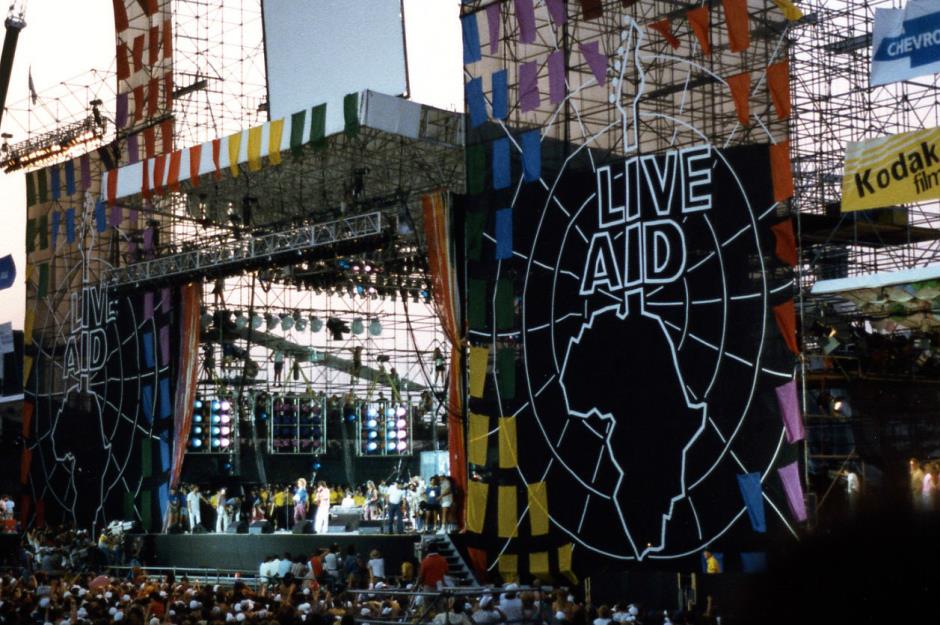
If you were living in the UK in 1984, 'Do They Know It’s Christmas?' was probably played in your house over the festive period, thanks to Bob Geldof and co., who went on to organise Live Aid the following summer.
Back then houses cost an average of £31,076 (equivalent to £98,374 in 2024).
1985: first version of Windows is released
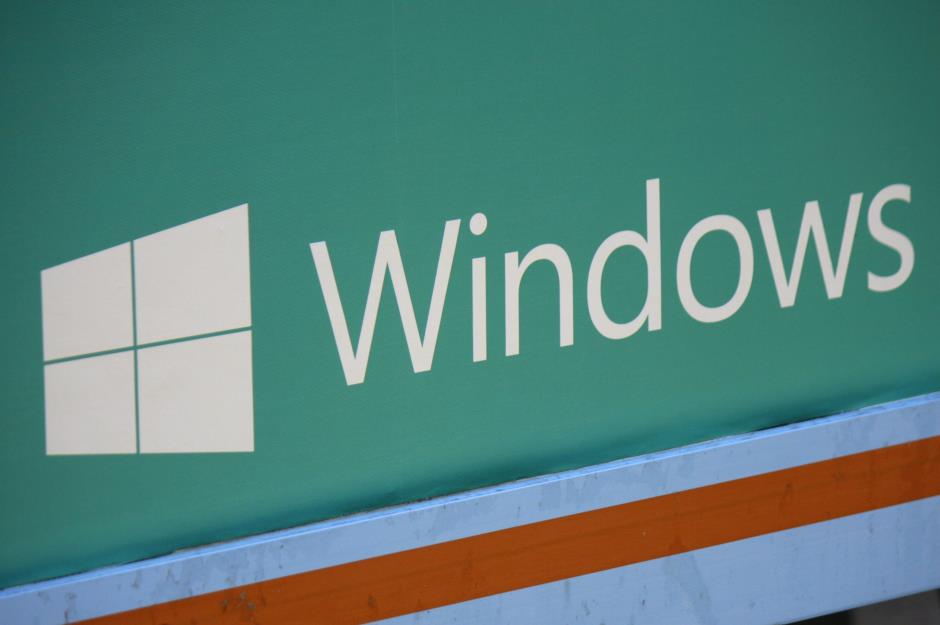
As the technology world saw the launch of the first Microsoft Windows 1.0, which landed in November 1985, house prices in the UK hit £34,378 (equivalent to £103,487 in 2024).
That year, the year-long coal miner's strike came to an end with no pay agreement in place, 39 American hostages being held in Lebanon were freed and Prince Charles and Princess Diana sparked "royal fever" during a visit to the US, which saw Diana famously dance with John Travolta at the White House.
Sponsored Content
1986: Chernobyl Nuclear Power Station explodes
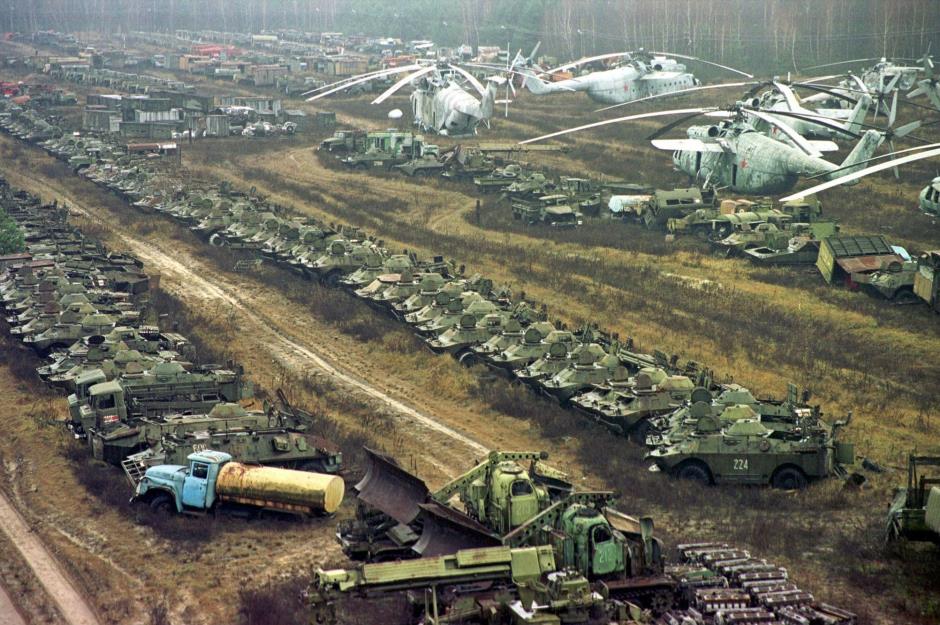
When reactor 4 of the Chernobyl Nuclear Power Station exploded in 1986, it turned a once-thriving community into a permanent ghost town.
In the UK, average house prices that year reached £37,627 (equivalent to £109,231 in 2024).
1987: US stock market crashes
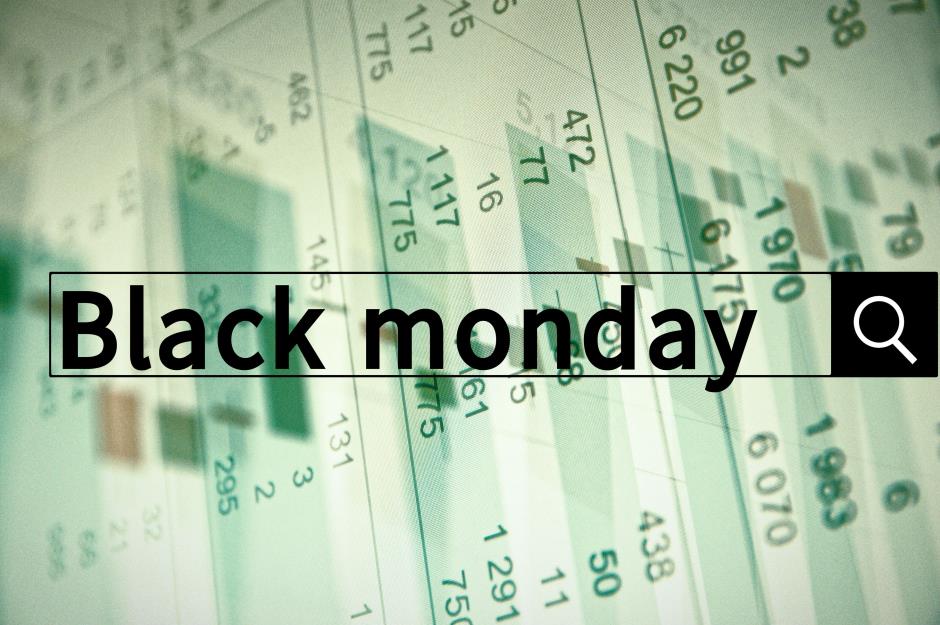
Black Monday saw the stock market in the United States plunge 22% in a single day, causing a global financial crash.
Meanwhile, over on UK shores, the first British IKEA store opened in Warrington, the country was ravaged by what is now known as the 'Great Storm' and the average home at the time would have set you back £43,164 (equivalent to £121,352 in 2024).
1988: NASA resumes space shuttle flights
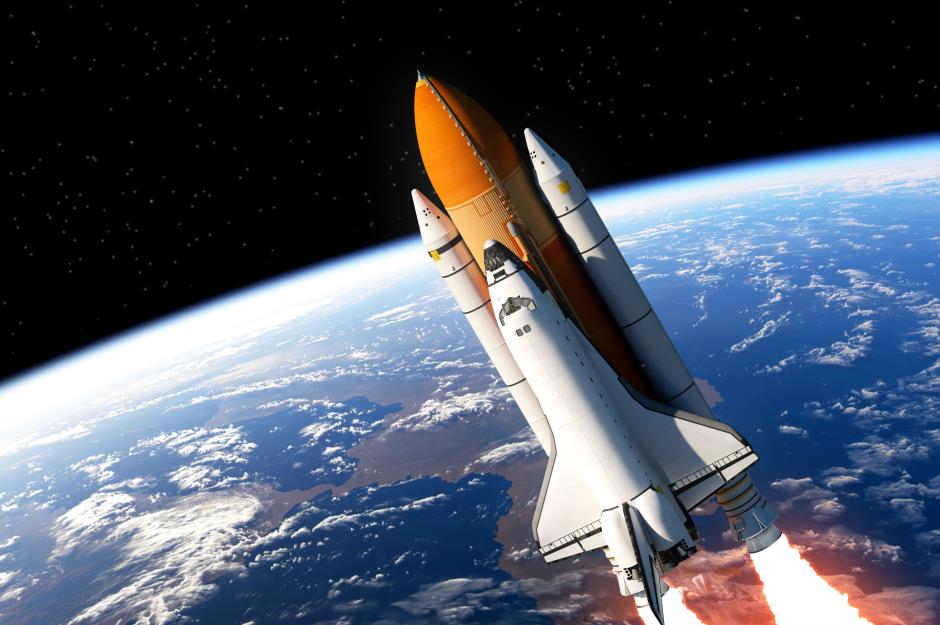
NASA space shuttle flights resumed in 1988, following the Challenger disaster two years earlier which claimed the lives of seven astronauts. In the UK, a fire on the North Sea oil rig Piper Alpha killed 167 – making it the world's worst oil rig disaster to this day – and tragedy struck Scotland when a bomb exploded on a Pan Am jet, causing it to crash into the town of Lockerbie.
That year, you’d have been looking to pay around £51,405 (equivalent to £139,092 in 2024) for a house in the UK.
Sponsored Content
1989: the fall of the Berlin Wall
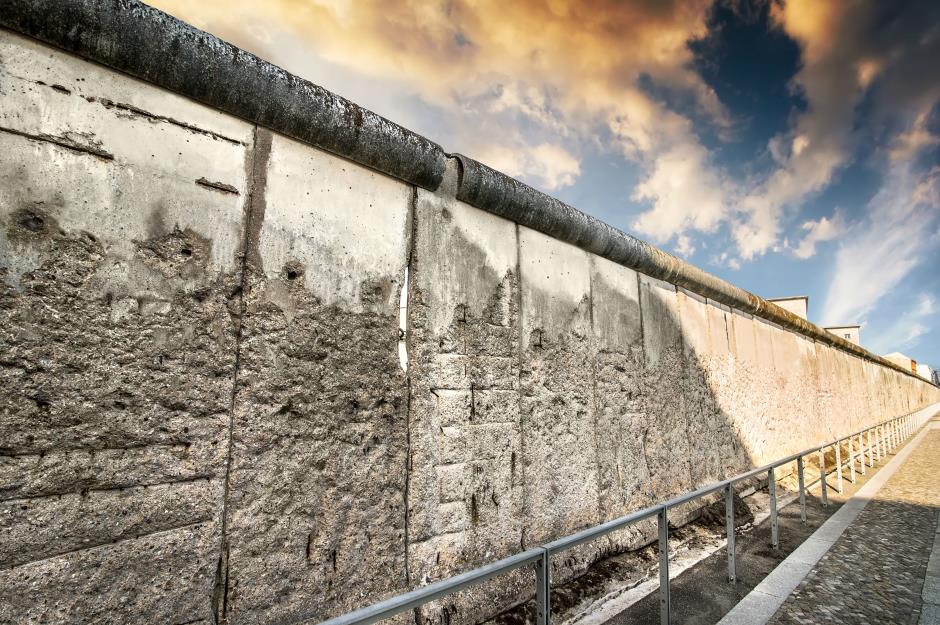
The year the reunification of East and West Germany was announced and the Berlin Wall finally fell, UK house prices soared to £61,514 (equivalent to £158,194 in 2024) – but this market peak wasn’t to last...
1990: Nelson Mandela is freed
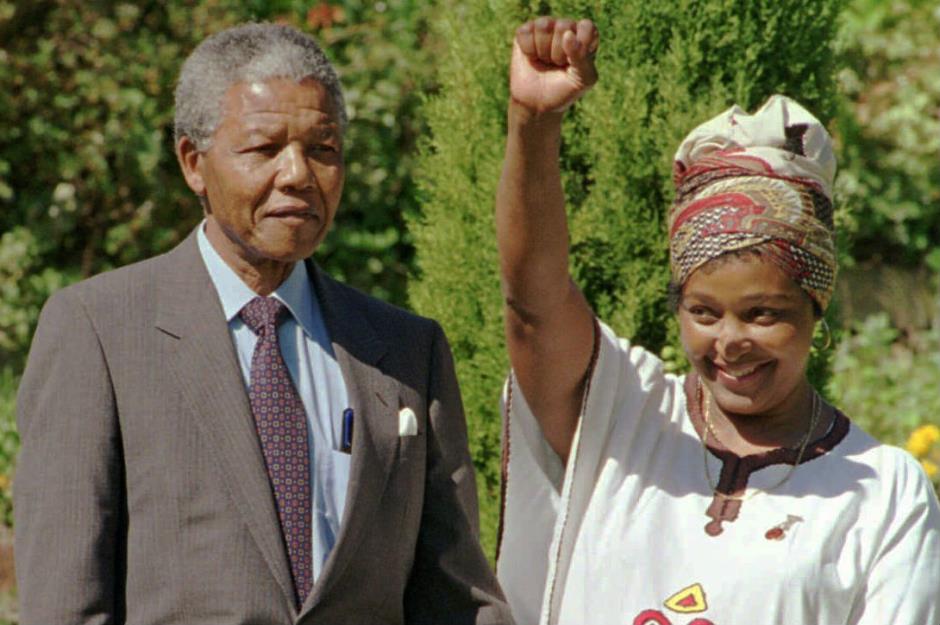
In February 1990, the world celebrated the release of Nelson Mandela, the South African anti-apartheid revolutionary and political leader who spent 27 years in prison.
Back in the UK, the average house price dropped a little to £57,683 (equivalent to £138,639 in 2024).
1991: the birth of the internet

In August 1991, the world's first website was created. If you were buying your first property in the UK that year, you’d have been in luck – house prices dropped fractionally again, to an average of £54,626 (equivalent to £122,110 in 2024) as the economic bubble burst.
Sponsored Content
1992: Euro Disney opens in France
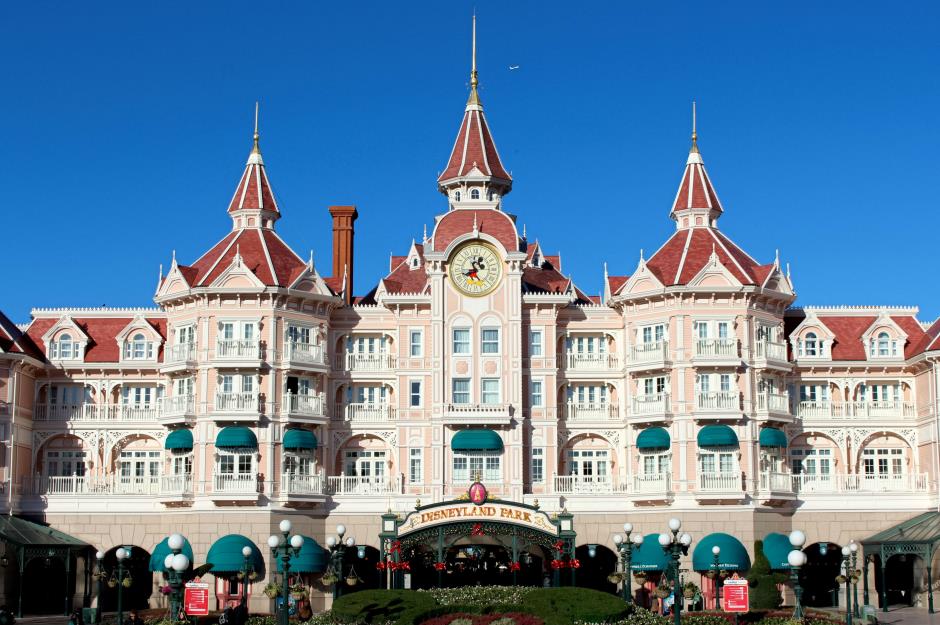
The birth of the Euro Disney Resort, now known as Disneyland Paris, coincided with a further drop in house prices in the UK – you’d have been looking at paying £51,815 (equivalent to £111,123 in 2024).
1993: Tsunami hits Japan
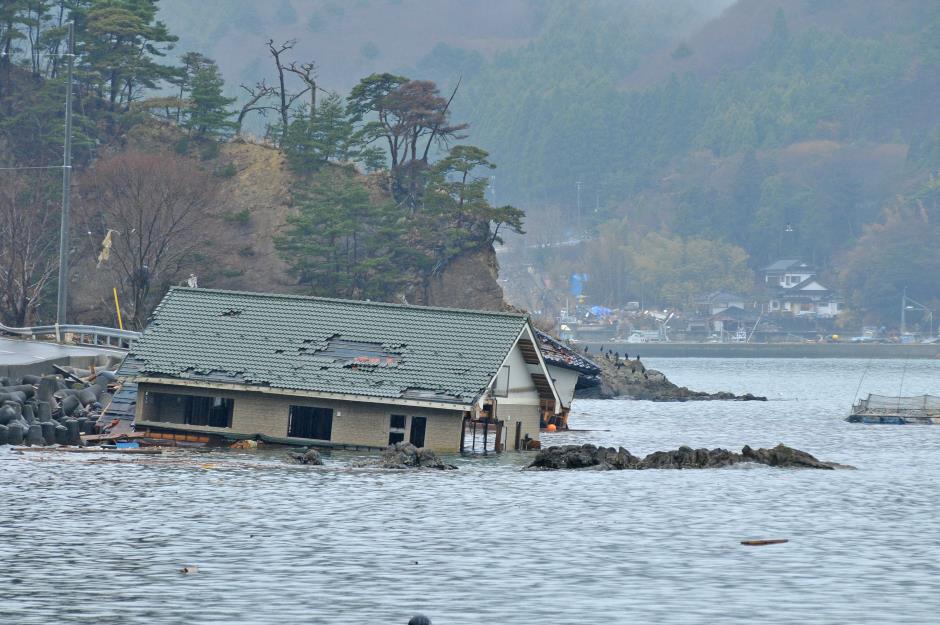
In July 1993, the Japanese island of Okushiri was struck by a devastating tsunami, following the Hokkaidō earthquake. Waves of up to 10 metres crashed onto coastlines and around 239 people perished.
Back on UK soil, the average British house would have set you back £51,211 (equivalent to £107,114 in 2024).
1994: Channel Tunnel opens
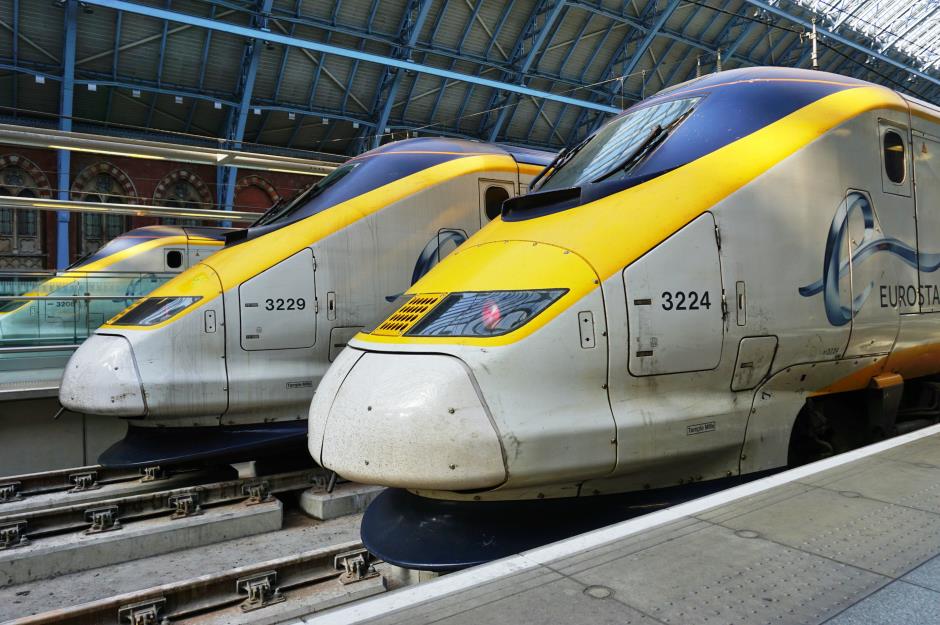
1994 was a memorable year for England and France, as the Channel Tunnel officially connected the two countries together for the first time in history.
On the UK side, the average home rose marginally to £51,633 (equivalent to £105,886 in 2024).
Sponsored Content
1995: Bill Clinton visits Northern Ireland
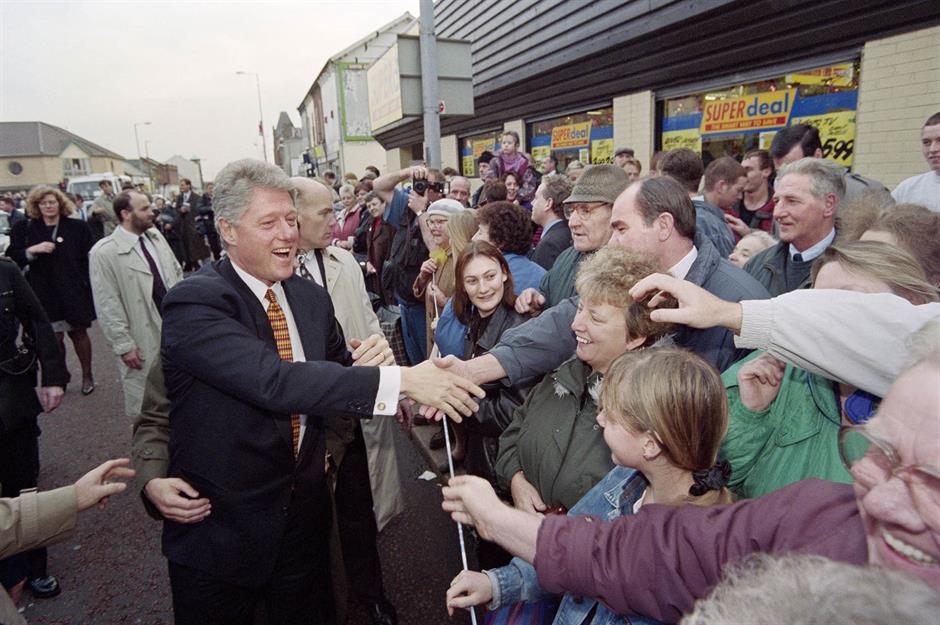
In the year 1995, Bill Clinton visited Northern Ireland, the first serving US president ever to do so. Bill and Hillary were met by rapturous crowds and the successful trip was seen as a step towards peace, with the signing of the Good Friday Agreement in 1998.
In 1995, the average UK house cost £51,245 (equivalent to £102,397 in 2024).
1996: Dolly the sheep is cloned
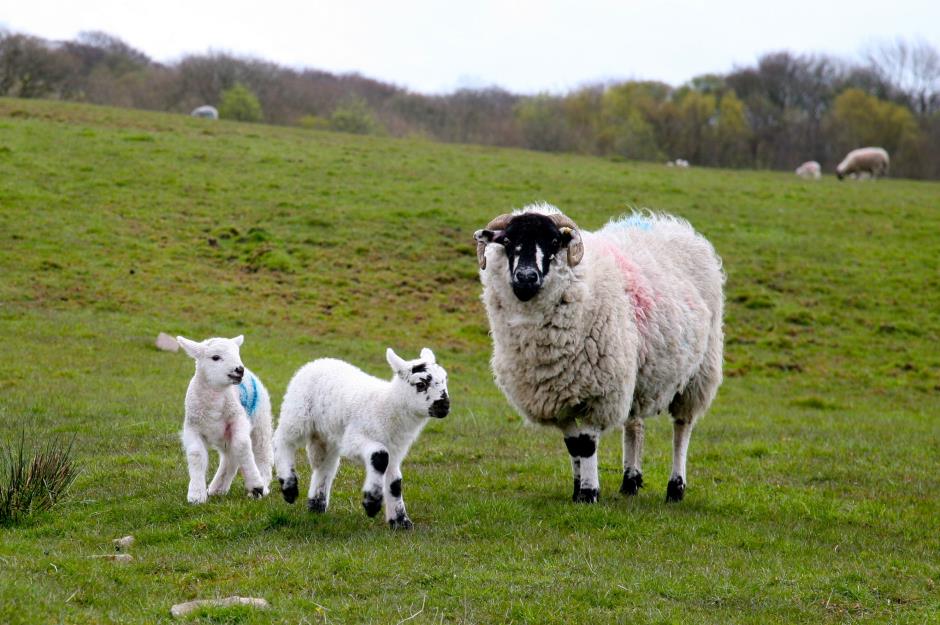
If you were born in 1996, you share your birth year with Dolly the sheep, the first mammal to have ever been cloned. In the UK, house prices rose a little, averaging around £53,394 (equivalent to £104,165 in 2024).
1997: Princess Diana dies
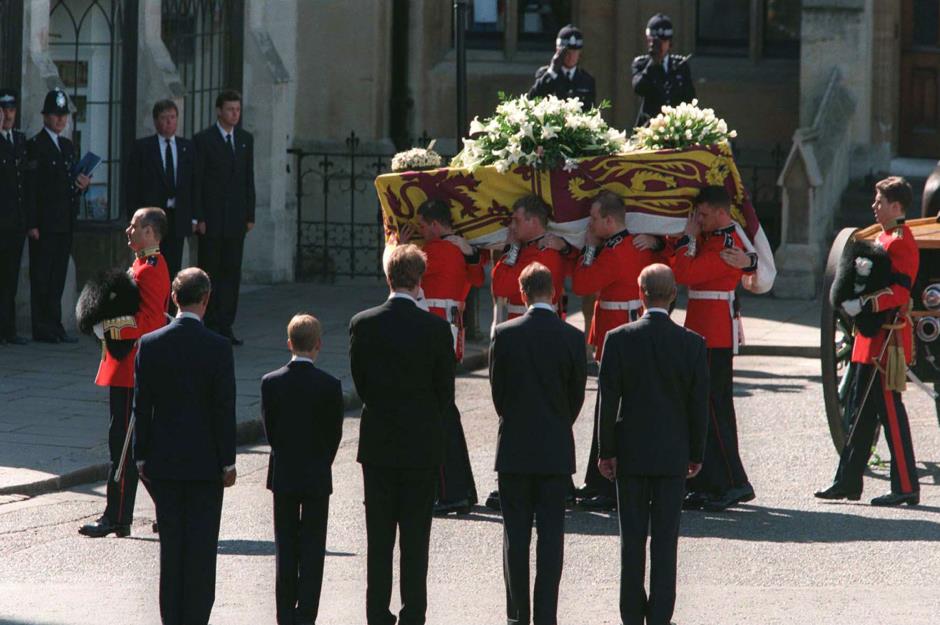
1997 was a year marked by the tragic death of Princess Diana. Her funeral was watched by around 2.5 billion people around the world, making it one of the biggest televised events in history.
The same year, the average UK home sold for £59,199 (equivalent to £113,420 in 2024), a pretty significant rise.
Sponsored Content
1998: Russian banks collapse
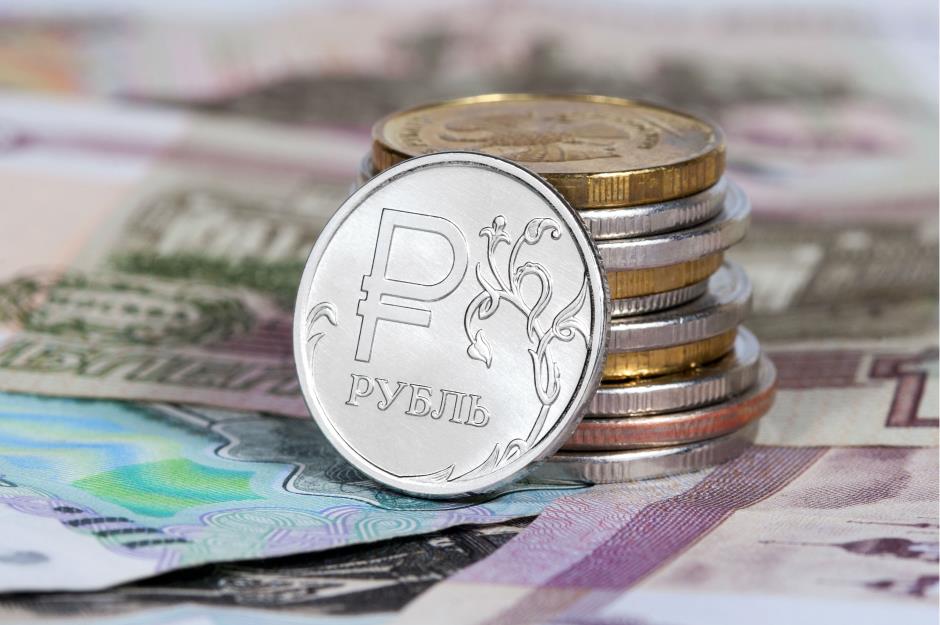
While Russia suffered a major financial crisis in 1998, with the rouble's value tumbling a shocking 70% in around three weeks, UK house prices faired better, rising again to £65,201 (equivalent to £123,004 in 2024) on average.
Elsewhere, US President Bill Clinton first denied, then admitted, an affair with White House intern Monica Lewinsky and Cambodian dictator Pol Pot died.
1999: global population exceeds six billion
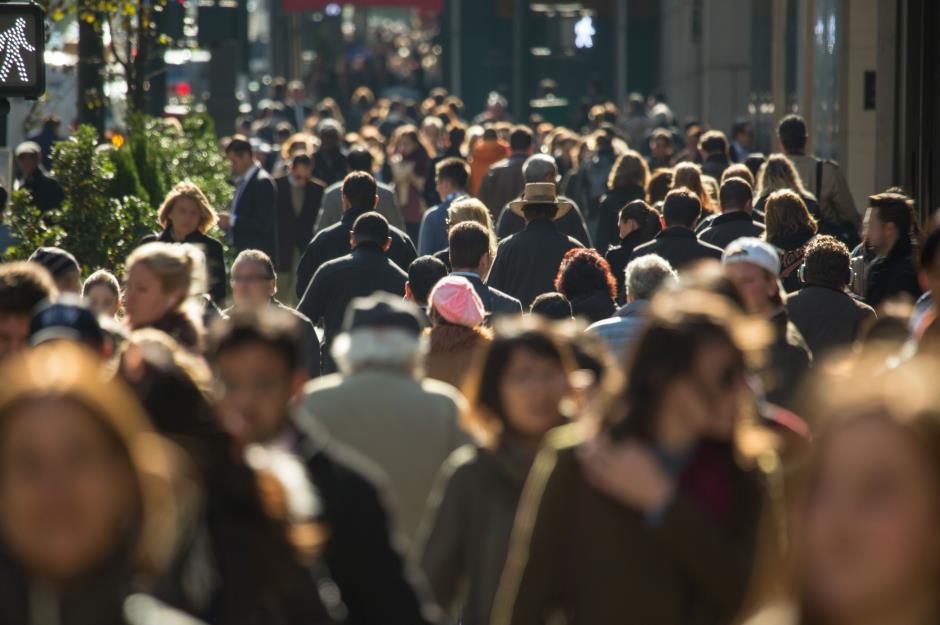
The end of the 1990s saw UK house prices rocket yet again, hitting an average of £71,122 (equivalent to £132,415 in 2024).
In the same year, a momentous milestone was hit as the six-billionth person in the world was born, Australian voters rejected a proposal to become a Rebuplic and the world prepared to celebrate the new millennium.
2000: Concorde crashes while taking off from Paris
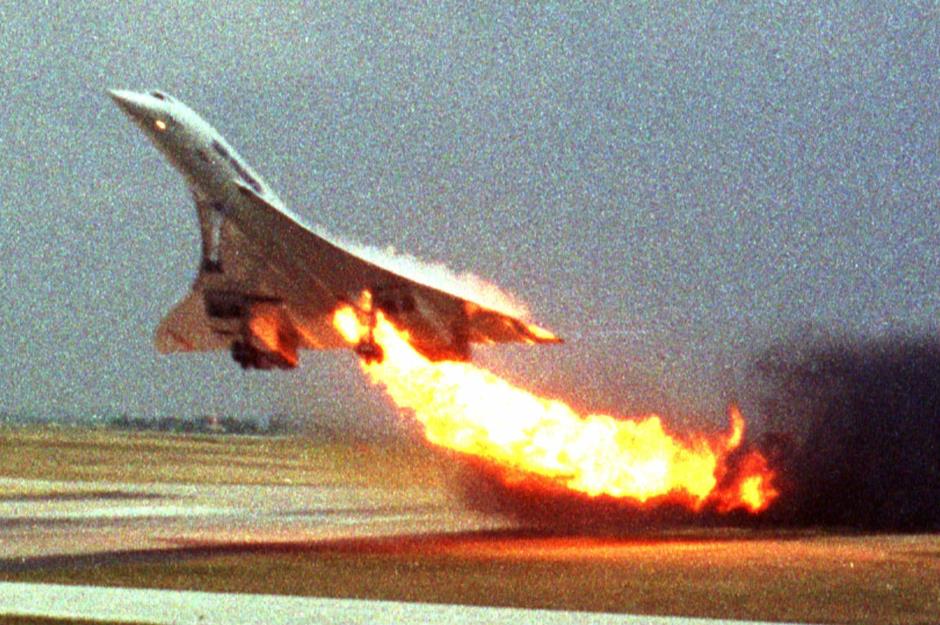
Many will remember 2000 as the year Air France Flight 4590 tragically crashed after taking off from Paris on a routine flight to New York, leaving no survivors. The accident contributed to the Concorde being grounded and finally put into retirement in 2003.
In the same year, UK house prices rose fast again, hitting £80,366 (equivalent to £148,443 in 2024) on average.
Sponsored Content
2001: World Trade Center attacked
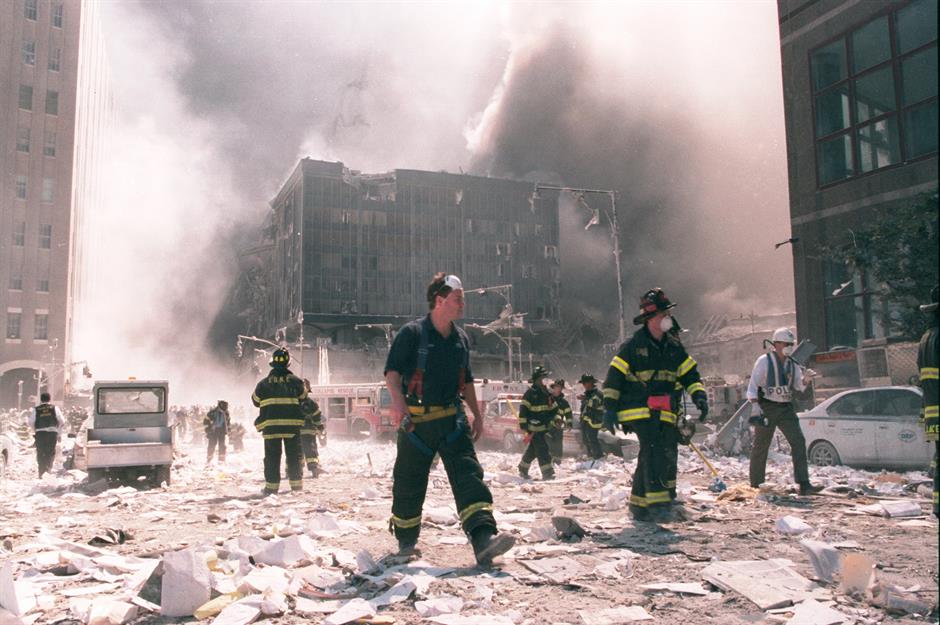
On 11 September 2001, the World Trade Center in New York City was destroyed during a devastating terror attack that shook the world.
In the same year as the atrocity, UK house prices reached £88,799 (equivalent to £162,021 in 2024) on average.
2002: Queen Elizabeth celebrates her Golden Jubilee
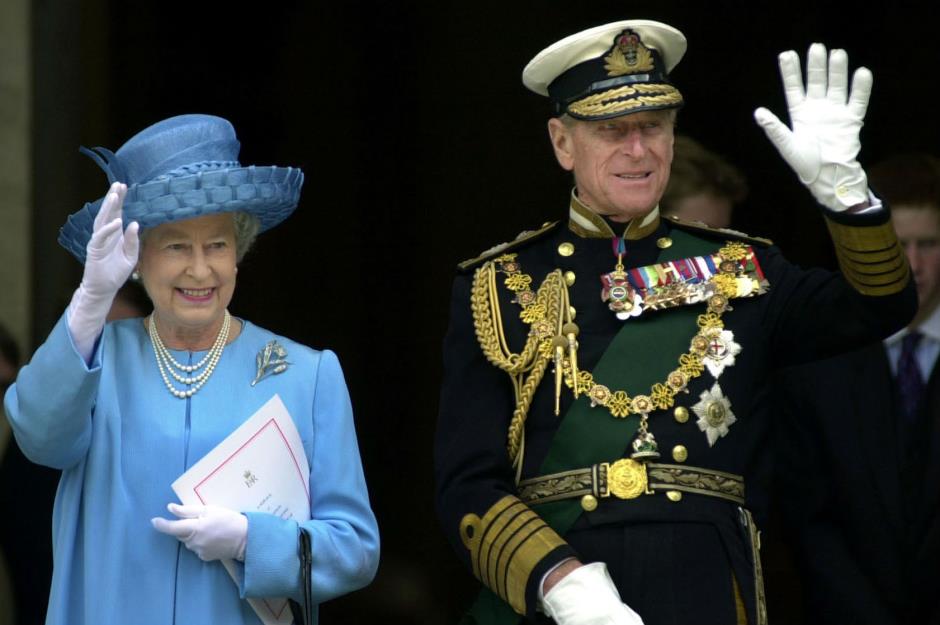
As the world marked Queen Elizabeth II’s 50th year on the throne with a grand, international celebration, house prices in her kingdom rocketed drastically again thanks to increasing mortgage availability, reaching an average of £106,407 (equivalent to £191,735 in 2024).
2003: the second Iraq war
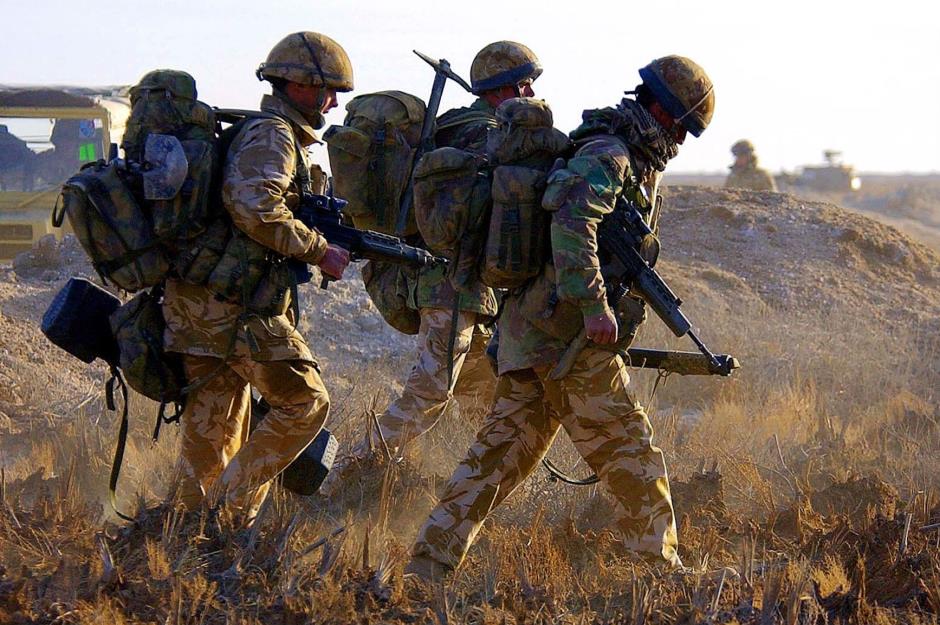
In 2003, the United States invaded Iraq with a combined force of troops from the UK, Australia and Poland. Uganda's former dictator Idi Amin died, as did country singer Johnny Cash, and illusionist David Blaine spent 44 days without food suspended in a glass box on the banks of the River Thames in London.
UK house prices continued to race ahead again to £127,246 (equivalent to £226,205 in 2024).
Sponsored Content
2004: Boxing Day tsunami hits Asia

In 2004, the defining story took place right at the end of the year: the devastating Indian Ocean tsunami struck 14 countries on Boxing Day and killed 230,000 people. Also that year, Mark Zuckerberg launched Facebook from his Harvard dormitory room and universally adored American sitcoms Friends and Frasier aired their final episodes.
The same year, UK house prices climbed significantly again, to £148,658 (equivalent to £260,765 in 2024).
2005: Benedict XVI becomes the new Pope
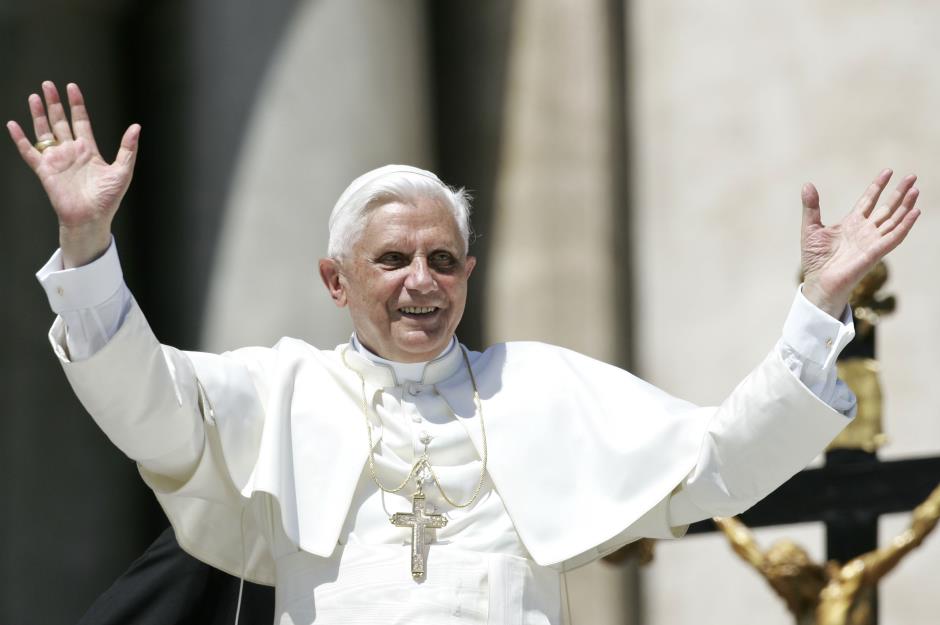
In 2005, the Catholic Church saw a shake-up when Pope John Paul II passed away and Benedict XVI was anointed pope.
The same year, UK houses sold for an average of £156,325 (equivalent to £268,688 in 2024).
2006: New Horizon Space Probe is launched by NASA
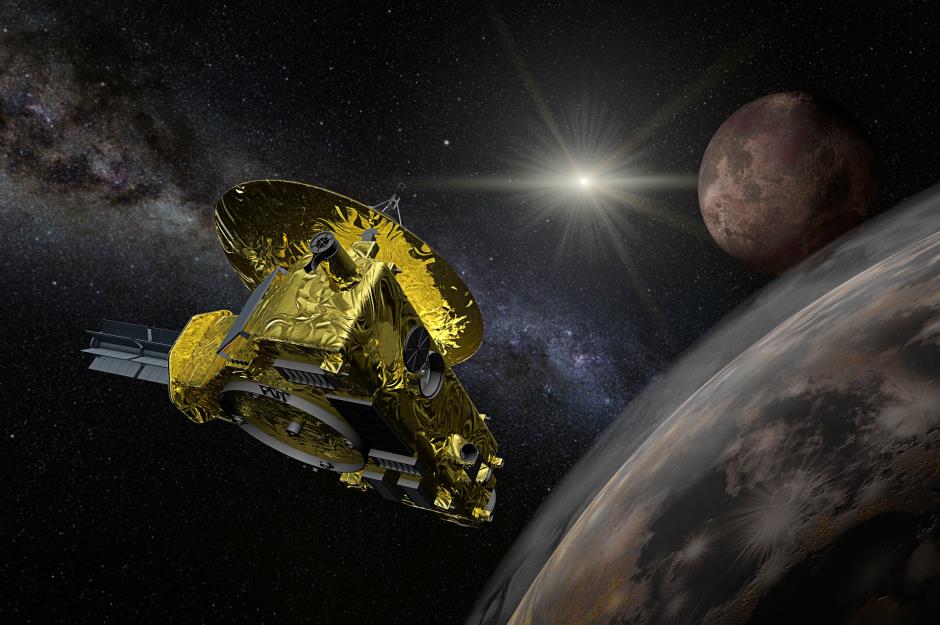
The year 2006 saw take-off for the UK housing market, as well as for the New Horizons Probe, which was launched from Cape Canaveral Space Force Station in Florida to explore Jupiter and Pluto.
That year, house prices climbed once again to £166,470 (equivalent to £279,613 in 2024).
Sponsored Content
2007: global financial crisis begins
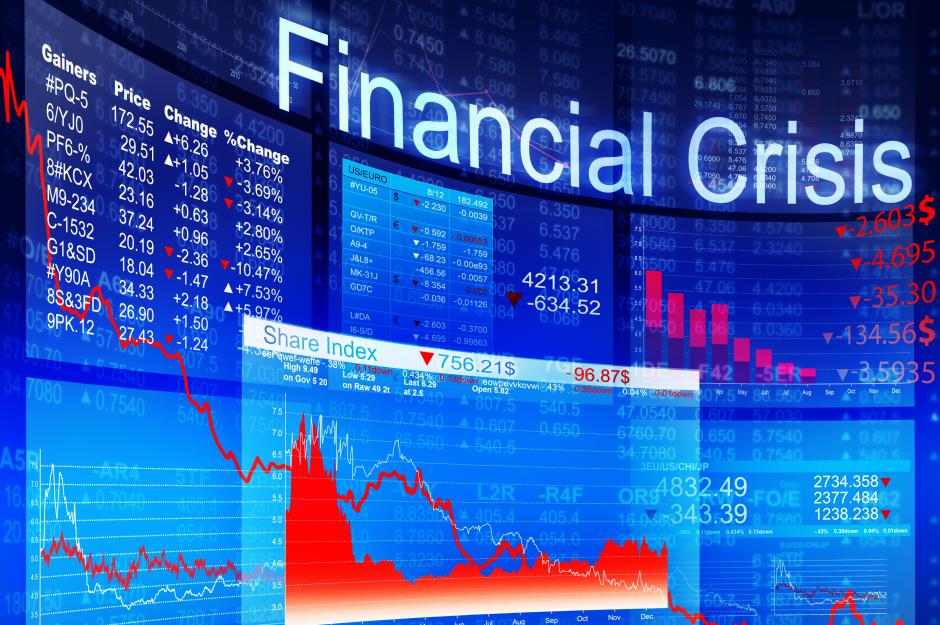
By 2007, UK house prices had risen to an average of £181,364 in the UK (equivalent to £297,715 in 2024).
However, it wasn’t to last – a global economic crisis sent values tumbling and led to a run on British bank Northern Rock, as people queued to withdraw their money.
2008: Citigroup reports $9.8 billion loss
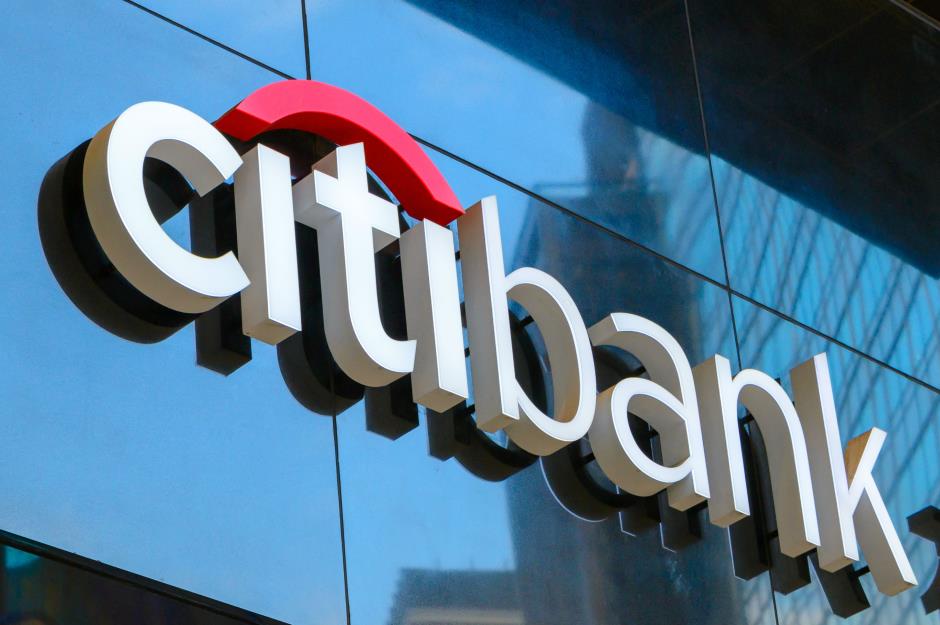
Citigroup was the largest bank to suffer from the global financial crisis, but UK banks had to be bailed out too.
House prices plunged in major markets, although the UK was resilient for a while, with the average home in the UK having a price tag of £168,974 (equivalent to £267,733 in 2024).
2009: Barack Obama becomes US president
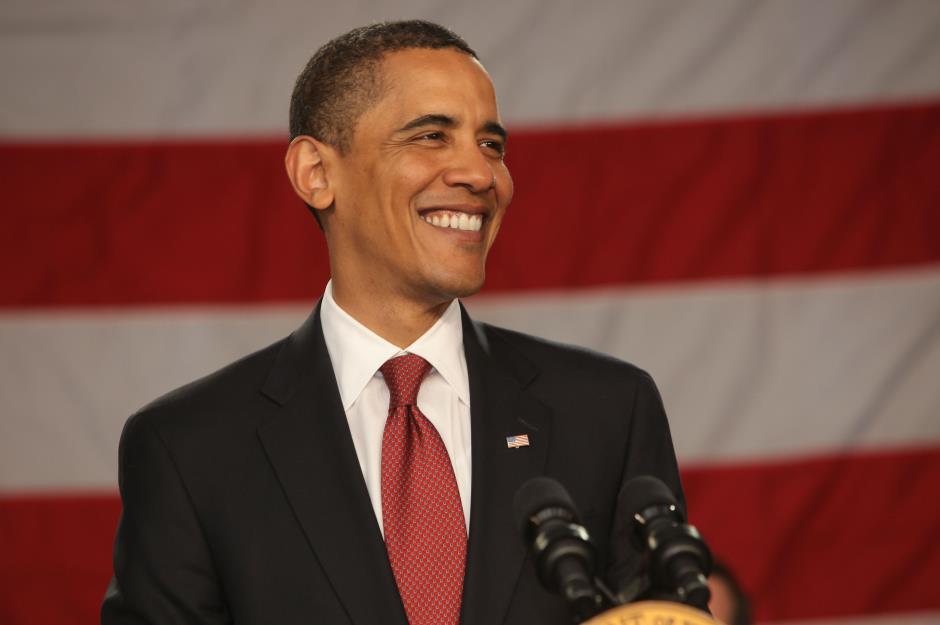
As the US welcomed President Barack Obama into the White House as the 44th president, UK property prices fell slightly.
If you were house-hunting in 2009, you could buy a place for an average of £156,512 (equivalent to £242,731 in 2024).
Sponsored Content
2010: BP oil rig explodes in the Gulf of Mexico
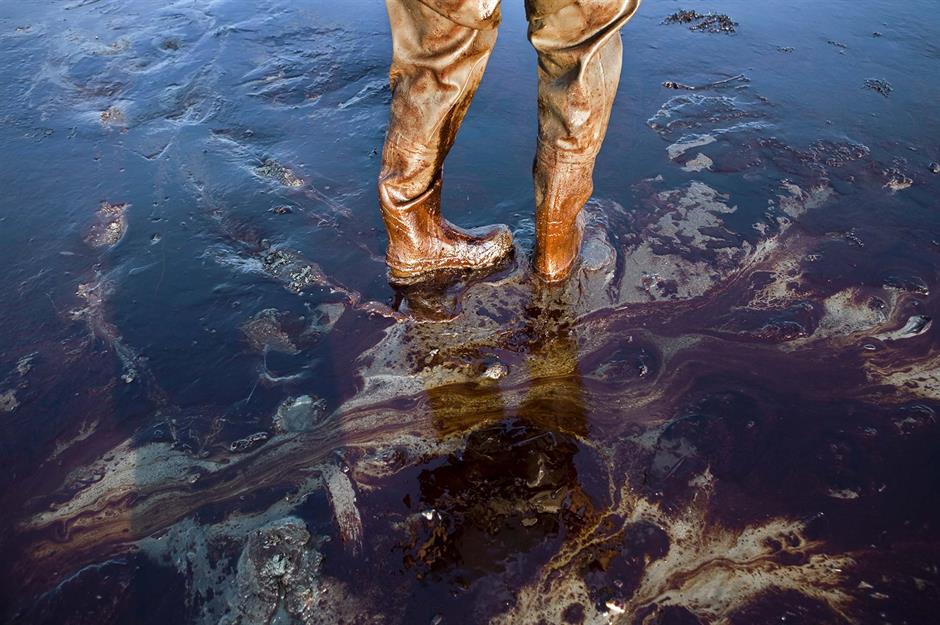
At the time of the Deepwater Horizon oil spill in the Gulf of Mexico, considered one of the biggest environmental disasters in history, £165,483 (equivalent to £248,450 in 2024) was the average price for a home in the UK.
2011: Arab Spring protests

In 2011, house prices had fallen fractionally again to £165,131 (equivalent to £237,328 in 2024).
The same year, the Arab Spring anti-government protests were well underway, ending with the fall of Gaddafi and the liberation of Libya.
2012: Felix Baumgartner breaks the sound barrier

2012 saw Austrian Felix Baumgartner break the record for the world’s highest skydive, reaching a maximum velocity of 833.9mph (1,342kmph) in his 24-mile (38.6km) high leap.
Back on Earth, the UK housing market was stabilising, with house prices averaging £163,628 (equivalent to £228,699 in 2024).
Sponsored Content
2013: NSA secret surveillance program revealed
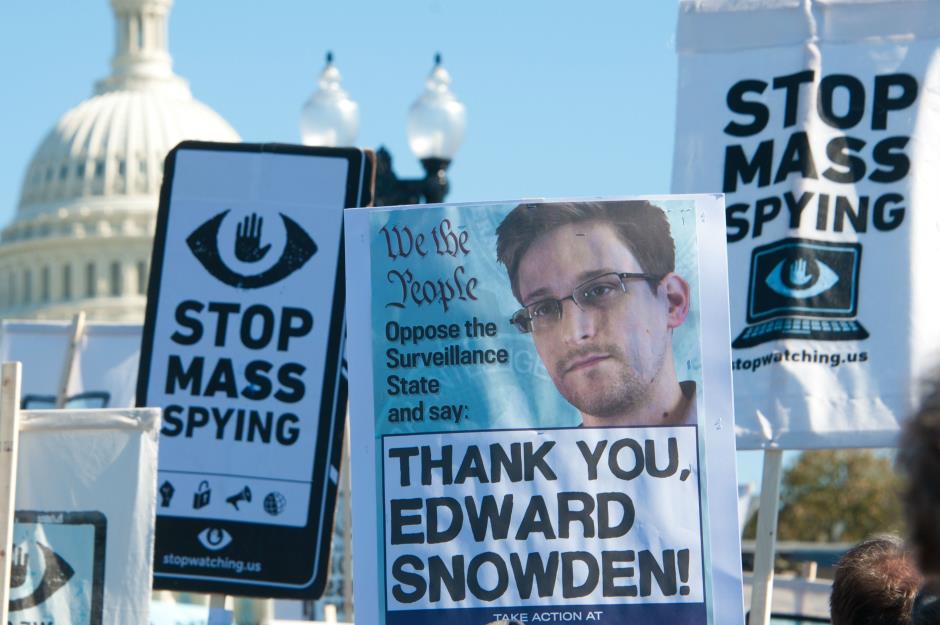
The year Edward Snowden leaked information about the NSA’s PRISM mass surveillance program, shocking the world with the revelations, the average UK home cost £168,928 (equivalent to £230,203 in 2024).
2013 also saw Pope Benedict XVI unexpectedly resigning due to ill health, President Obama being inaugurated for his second term in office and the bombing of the Boston Marathon.
2014: Malaysia Airlines Flight 370 goes missing
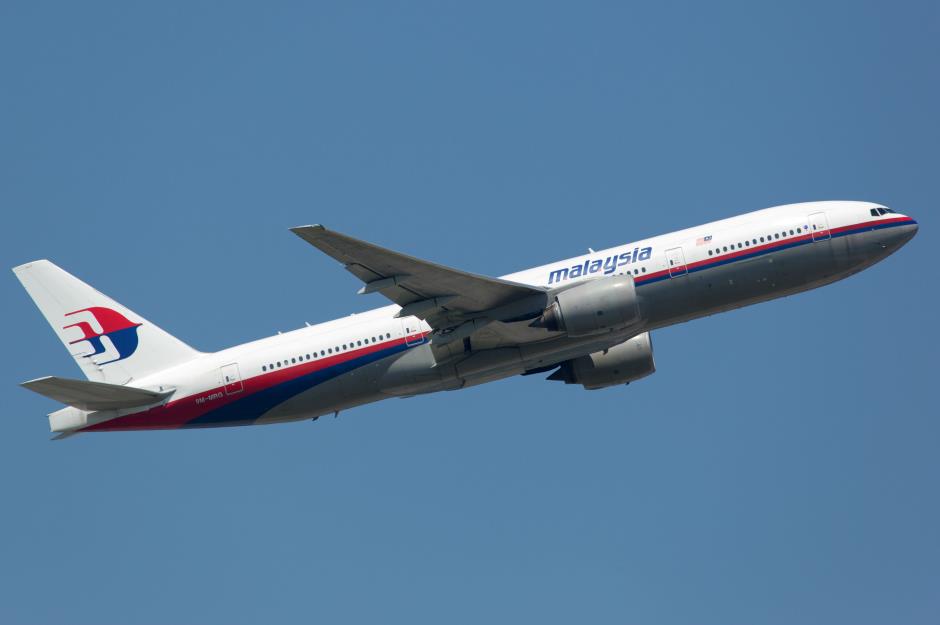
In 2014, the world was shocked by the mysterious disappearance of Malaysia Airlines Flight 370, which vanished with 239 people on board. Elsewhere, Scotland voted to remain in the UK, Russia annexed Ukraine's Crimean peninsula and a deadly Ebola pandemic struck West Africa.
UK house prices were heading upwards again, averaging £185,620 (equivalent to £249,307 in 2024).
2015: Princess Charlotte is born
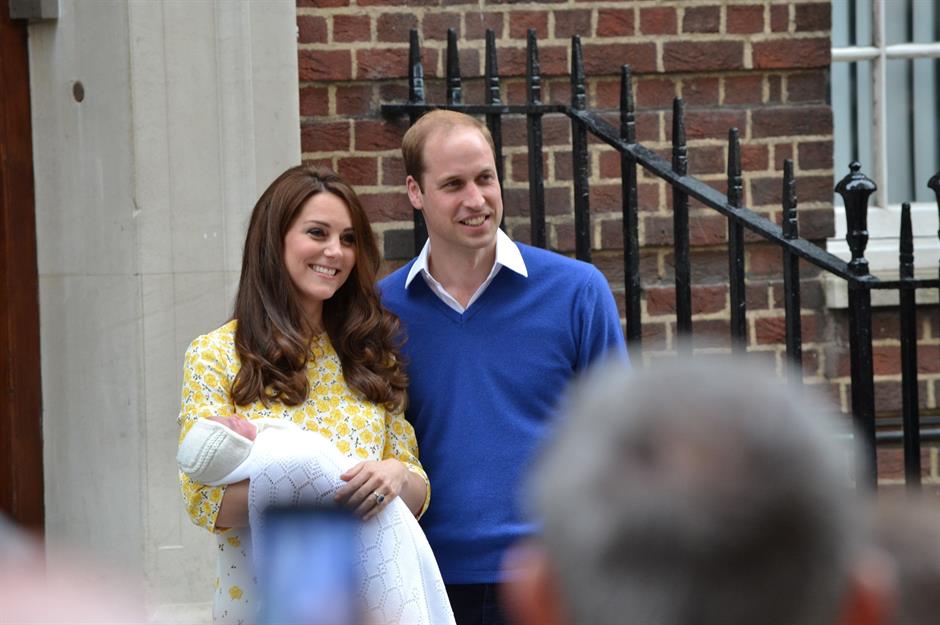
It was a big year for the British royal family as Prince William and the Princess of Wales welcomed their second child, Princess Charlotte. In other 2015 news, Jeremy Clarkson left Top Gear, Mark Zuckerberg announced Facebook passed a billion users and a deadly magnitude-7.8 earthquake hit Kathmandu, Nepal.
During this period, UK house prices continued to rise, averaging £193,900 (equivalent to £260,324 in 2024).
Sponsored Content
2016: Britain votes to leave the EU
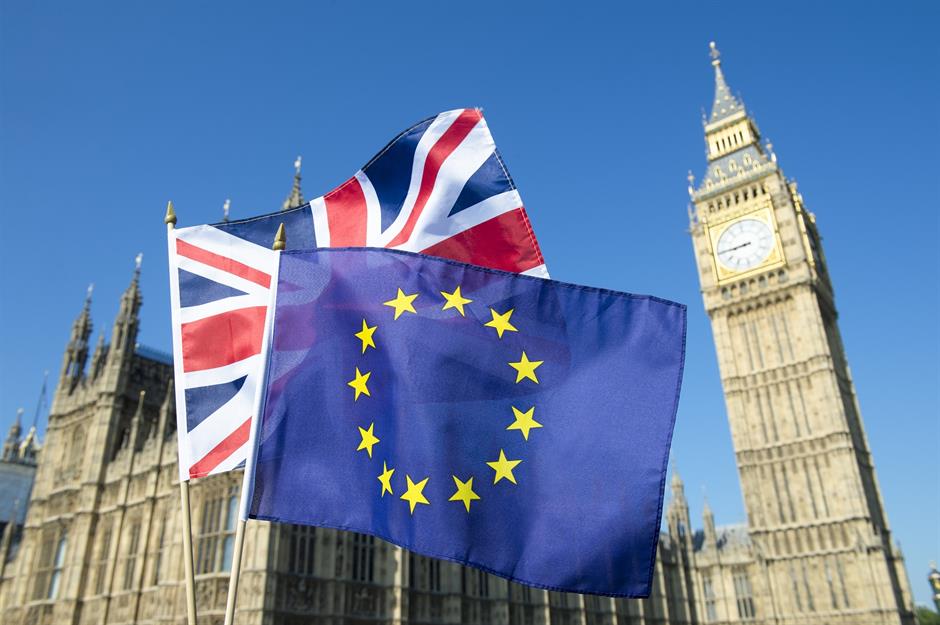
2016 not only saw Britain vote to leave the European Union, in a move that would quickly be coined 'Brexit', but Prime Minister David Cameron resigned as a result. Around the world, fans mourned the passing of musical greats David Bowie and Prince, as well as actor Alan Rickman and boxer Muhammad Ali.
2016 also saw the continued rise of UK house prices. On average in 2016, homes cost UK buyers £203,771 (equivalent to £271,783 in 2024).
2017: England wins the 'World Cup'

In July 2017, England won the ICC Women's Cricket World Cup after an action-packed final against India at Lord's. 2017 also saw the #MeToo movement sweep across the world and Prince Harry and Meghan Markle announcing their engagement after meeting the previous year.
UK house prices continued to increase and cost, on average, £209,935 (equivalent to £272,688 in 2024).
2018: Prince Harry marries Meghan Markle at Windsor Castle
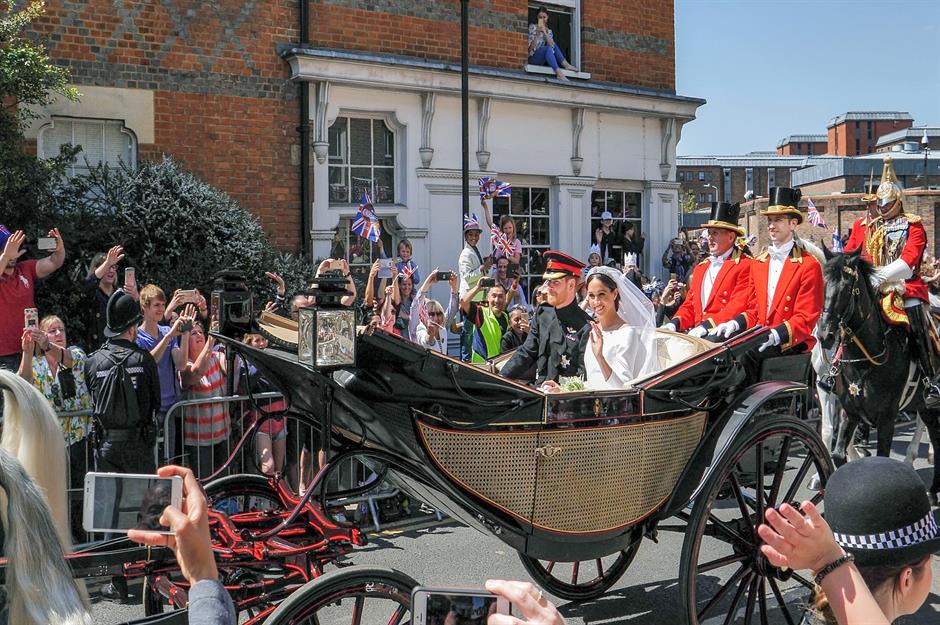
There was cause for another royal celebration in 2018, as Prince Harry and Meghan Markle tied the knot at Windsor Castle in a high-profile soiree attended by the likes of Oprah Winfrey, George and Amal Clooney and the Beckhams.
At the same time, UK house prices steadily rose, reaching an average of £214,163 (equivalent to £271,453 in 2024).
Sponsored Content
2019: Paris' Notre Dame Cathedral catches fire
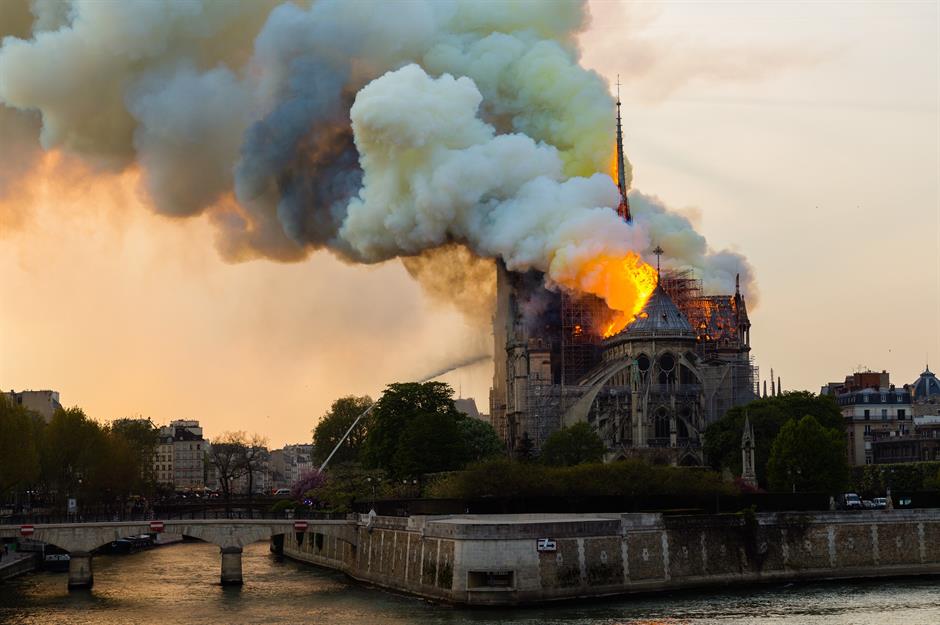
2019 saw plenty of big headlines. Boris Johnson became Prime Minister when Theresa May resigned after failing to secure a Brexit deal. However, one headline in particular grounded the world – Paris' iconic Notre Dame Cathedral tragically caught fire.
Meanwhile, in the UK, house prices increased even further, with the average property costing buyers £215,333 (equivalent to £268,134 in 2024).
2020: Coronavirus causes global lockdowns
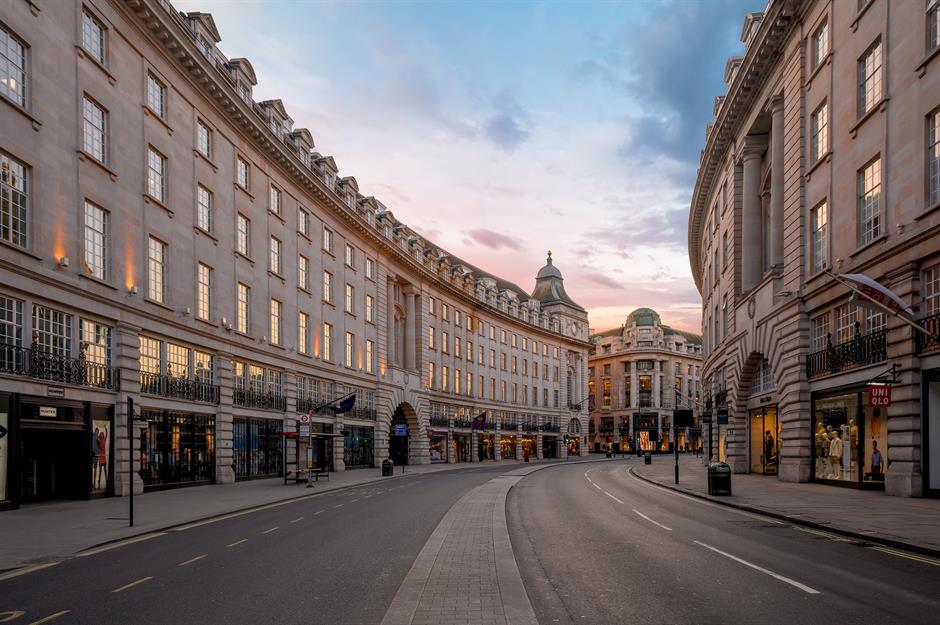
Of course, 2020 will forever be known for one thing: Covid-19. The pandemic caused global lockdowns across more than 90 countries and half of the world's population, along with economic uncertainty, mass job losses and widespread recessions.
Amazingly, property prices in the UK only went up, this time averaging £223,050 (equivalent to £275,400 in 2024) – quite the jump in inflation in four short years.
2021: Joe Biden becomes the 46th President of the United States
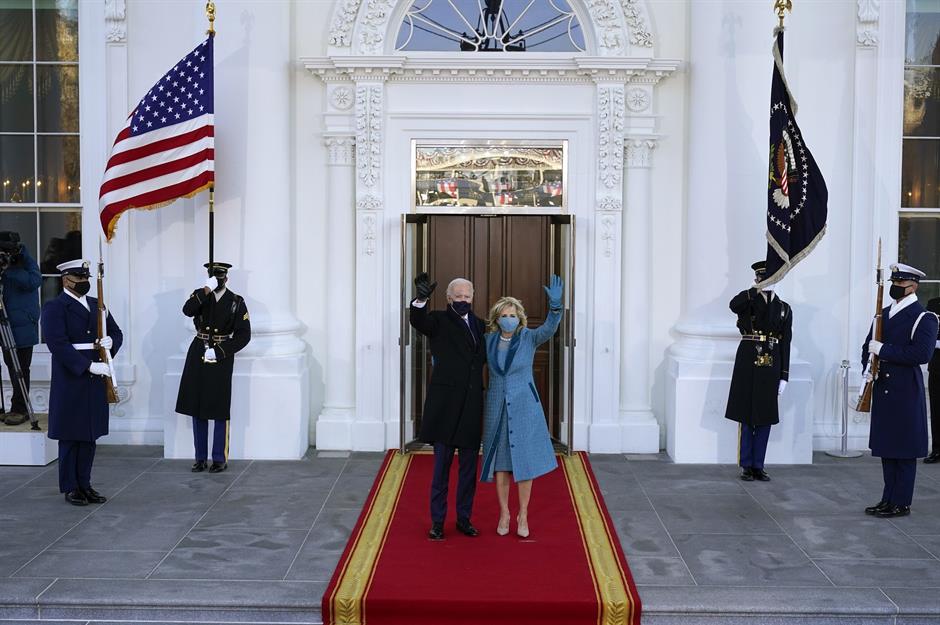
2021 brought with it a new political shift as Joe Biden became the 46th president of the United States. His inauguration was big news, although not quite as big as Michelle Obama’s outfit or Bernie Sanders' winter wear (remember all those memes?).
Despite 2020 bringing the world to a halt, UK house prices rose once again in 2021 reaching an average of £270,708, thanks to a stamp duty holiday and low fixed mortgage rates.
Sponsored Content
2022: the death of Queen Elizabeth II
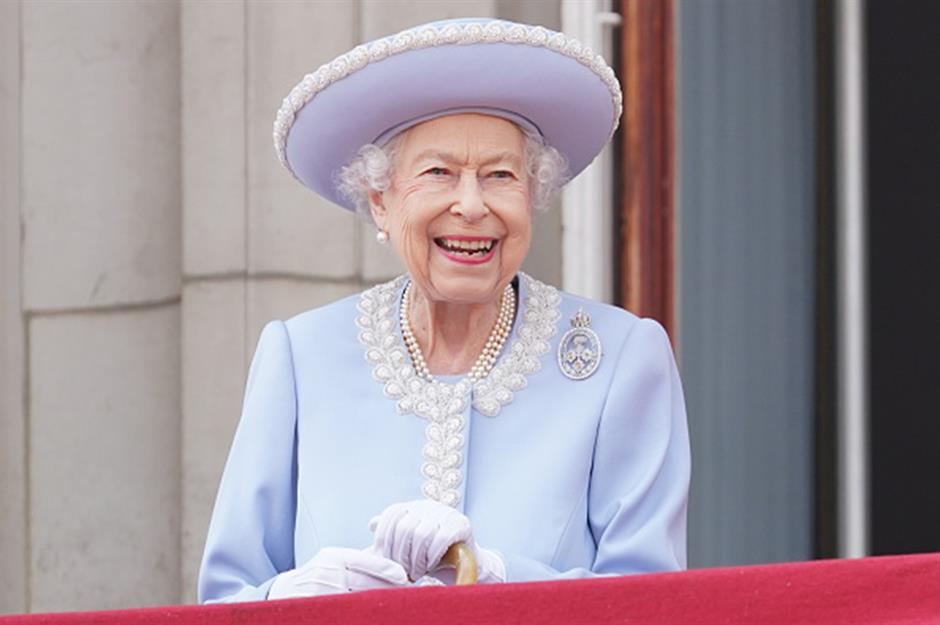
2022 was a year of extreme highs and lows. In June, UK homes rolled out the bunting to celebrate the Queen's Platinum Jubilee, only to mourn the monarch's passing just three months later. Putin declaring war on Ukraine caused additional unrest, while the FIFA World Cup in Qatar sparked excitement and controversy in equal measure.
Despite the continuing cost of living crisis, house prices rose by almost 10%, resulting in a peak average of £294,559.
2023: the Barbie movie is released
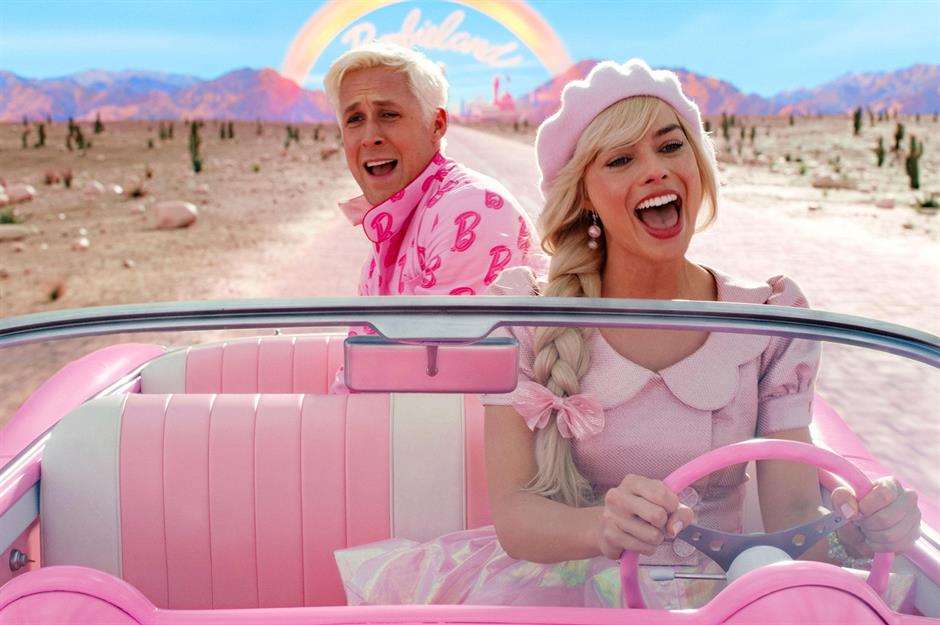
In a year marked by global unrest in both Ukraine and the Middle East, the feel-good film Barbie smashed box office records in 2023. The movie, starring Margot Robbie and helmed by Greta Gerwig, became a global phenomenon and enjoyed the biggest opening weekend ever for a film directed by a woman. The WHO also finally declared the end of the Covid-19 pandemic
That year, average UK house prices dropped to £259,862.
2024: Labour wins the general election
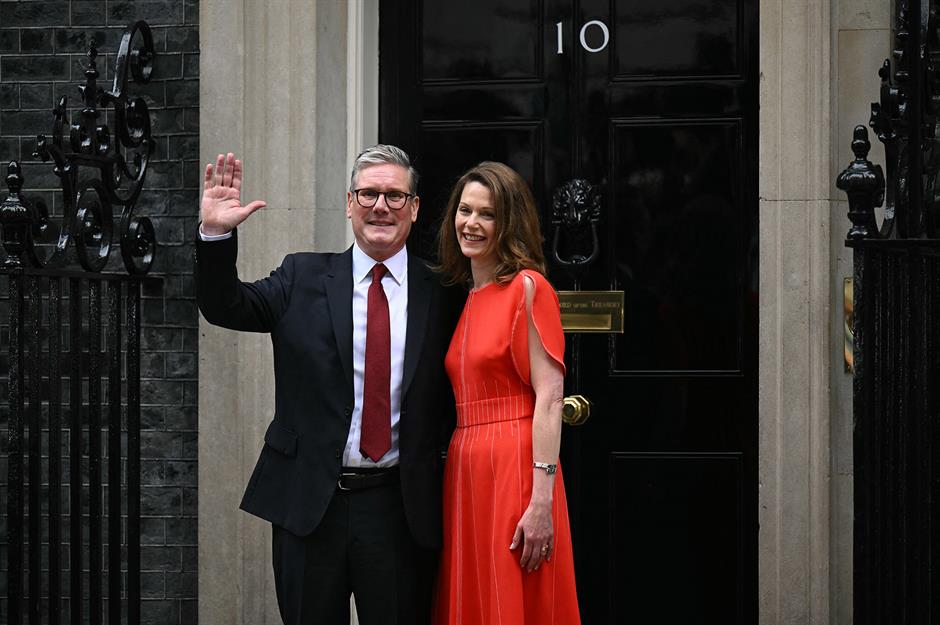
It's a year of change in 2024, with Kier Starmer's Labour Party sweeping into power after 14 years of Conservative rule. Elsewhere, Greece became the first Orthodox Christian country to legalise same-sex marriage, Mexico elected its first female president and Kamala Harris replaced President Joe Biden on the presidential ticket. In more sombre news, both King Charles and the Princess of Wales were diagnosed with cancer.
UK house prices reached an average of £264,148 over the first three quarters of the year. While prices are predicted to creep up until at least 2028, only time – and global events – will tell...
Loved this? Now discover our top tips for buying and selling houses
Sponsored Content
Comments
Be the first to comment
Do you want to comment on this article? You need to be signed in for this feature